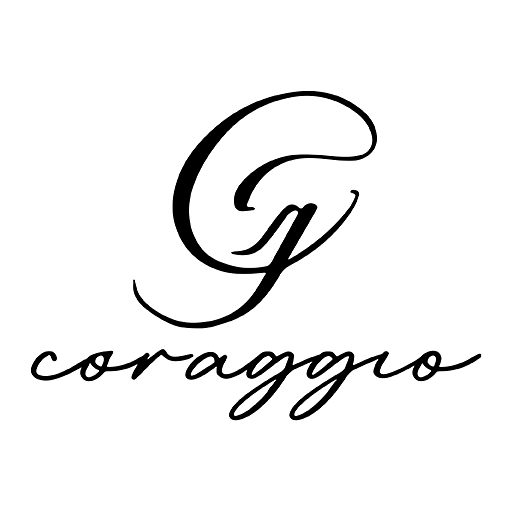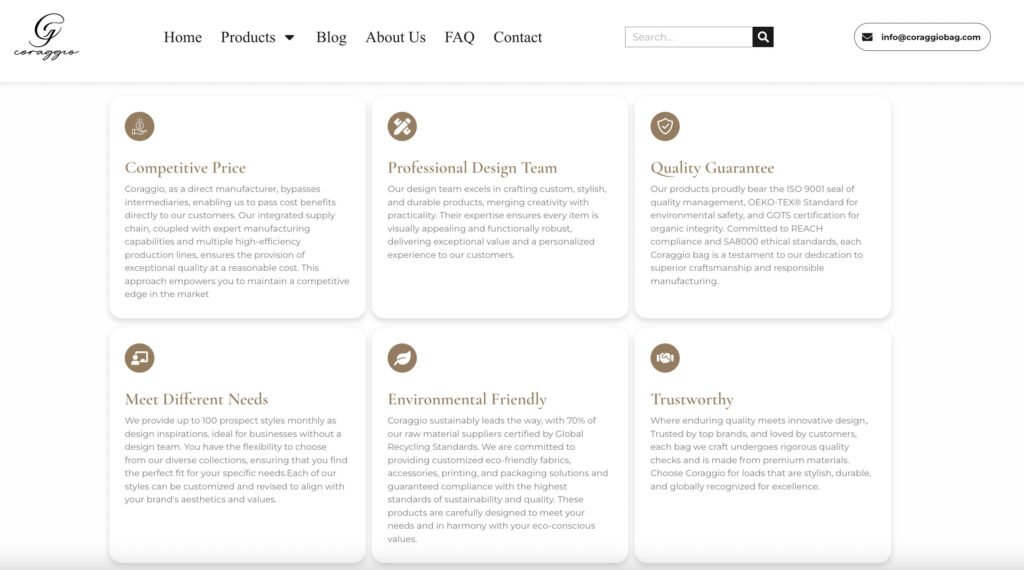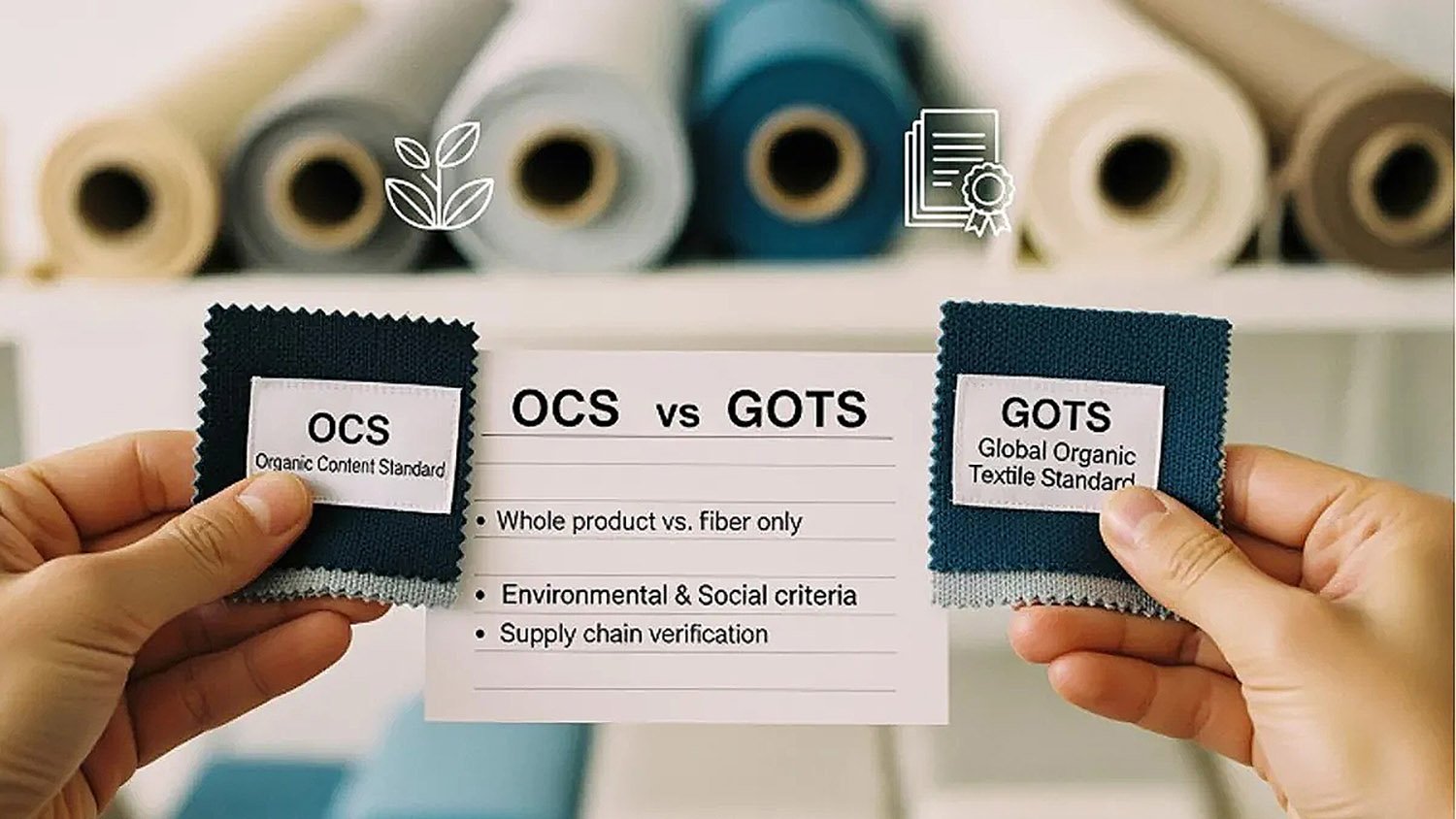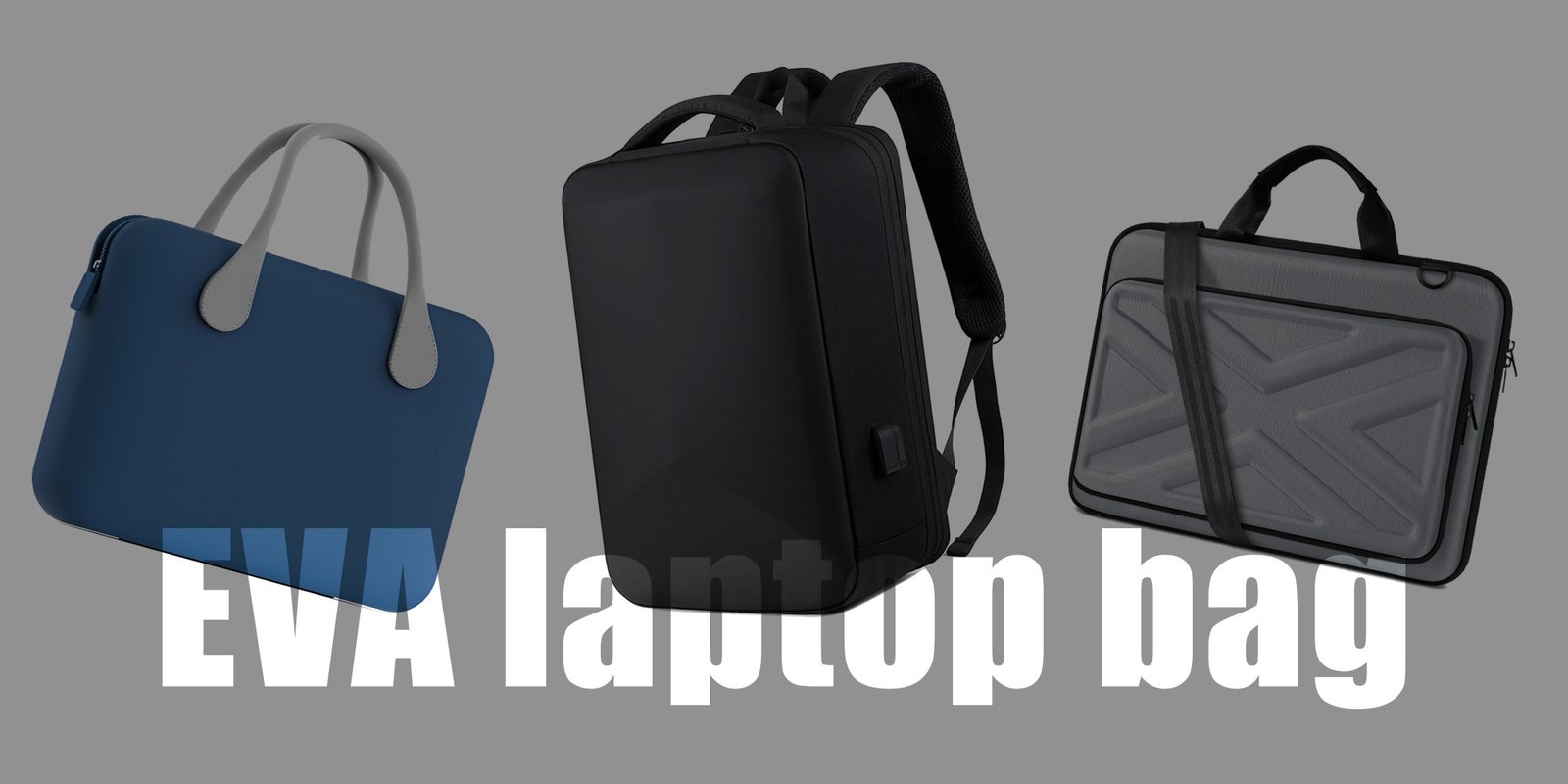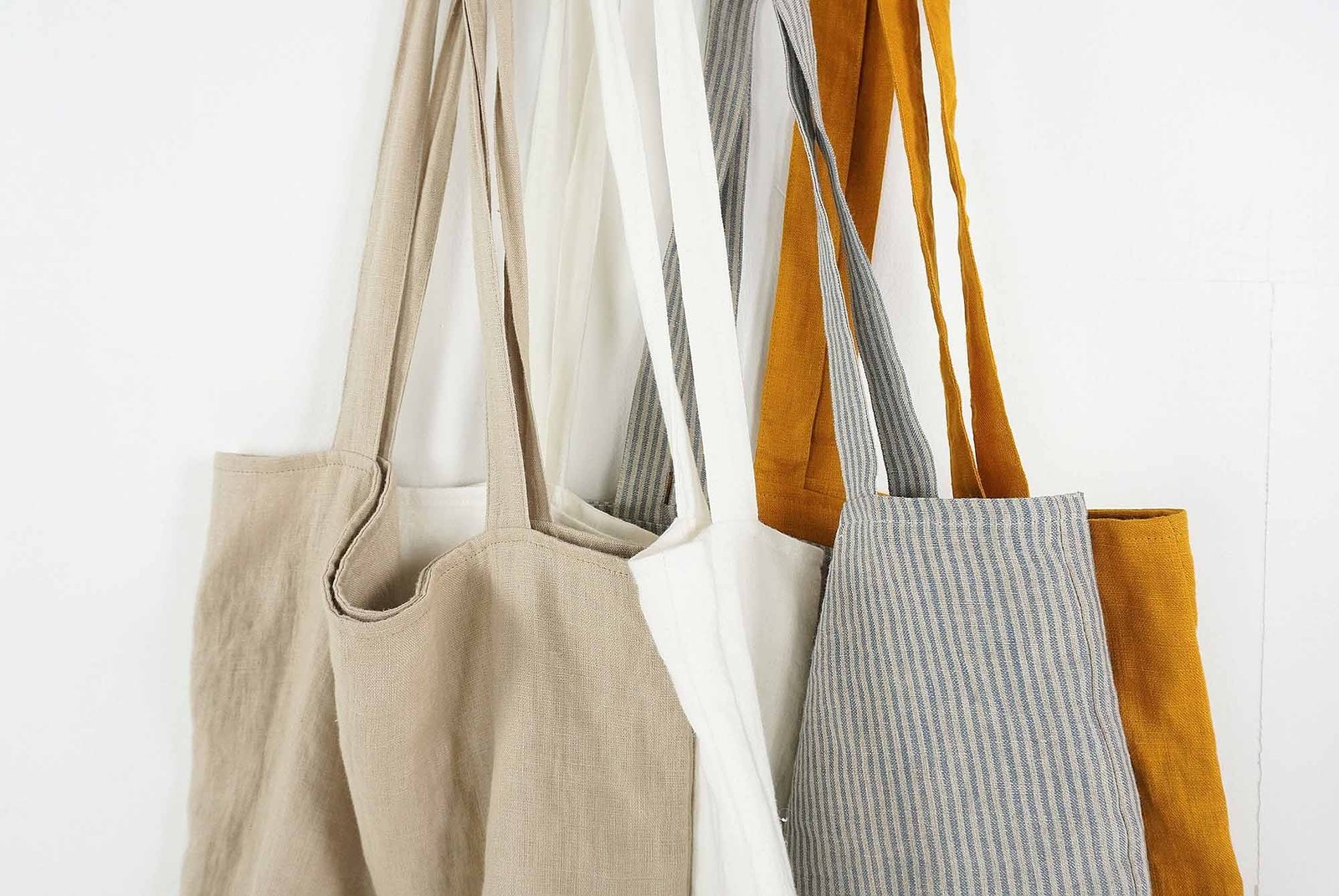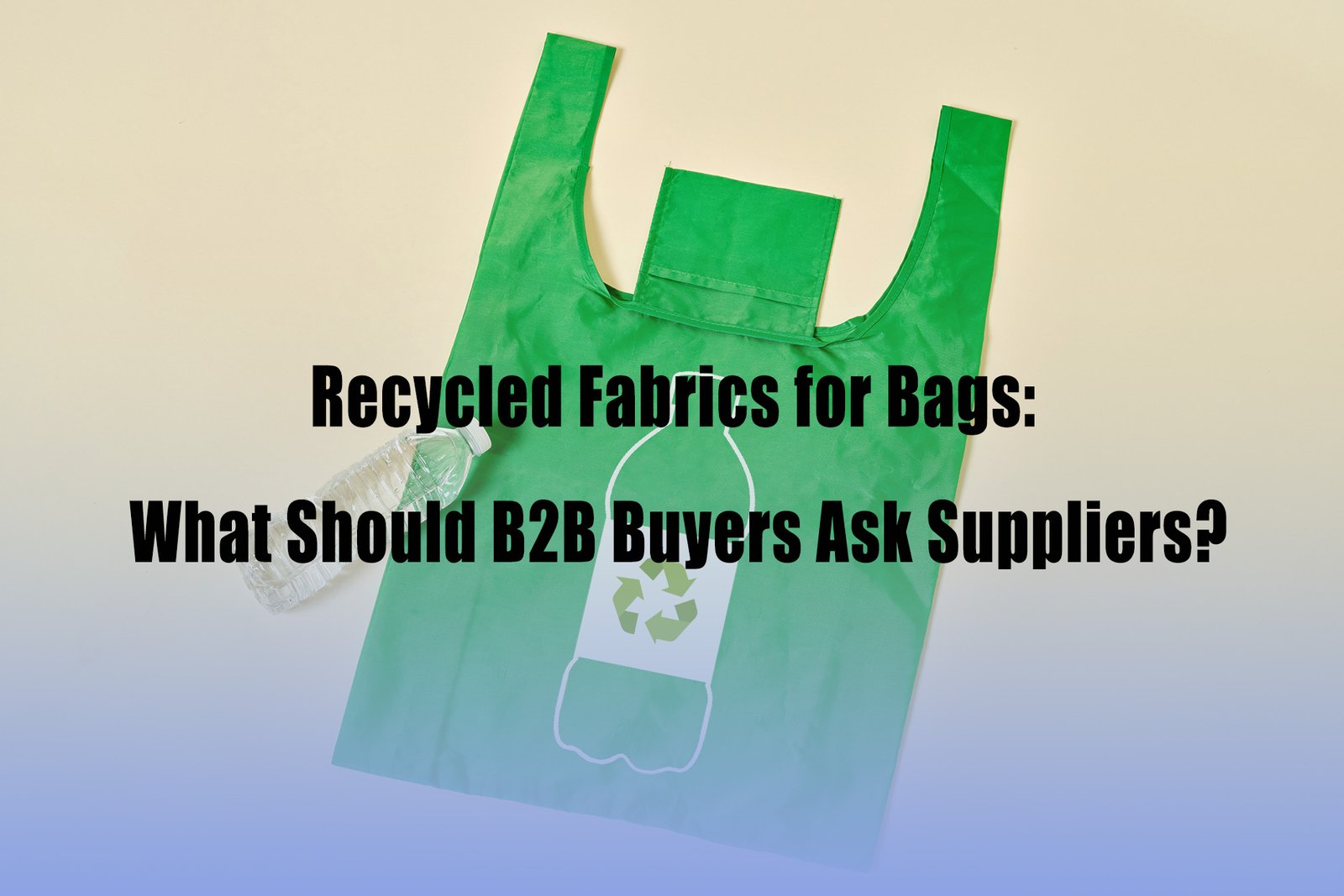Hi there! Choosing materials that meet specific standards is crucial when manufacturing high-quality, sustainable bags. I’ve been in the bag manufacturing industry for over 15 years, and trust me, I’ve seen it all. From the initial sketches to the final product on the store shelves, one thing has remained constant – the importance of certified materials.
Why is this so critical? Well, let me share a story. I worked on a line of visually stunning tote bags early in my career. We thought we had hit a home run. The designs were on point, the colors were vibrant, and we were all set for a big launch. But then, disaster struck. A few weeks into the production, we started getting complaints about skin rashes and odd chemical smells. The materials used were not certified for safety and contained harmful substances. That experience taught me a valuable lesson – always, and I mean always, ensure your materials are accredited.
Answer Section:
The top certifications for bag materials include OEKO-TEX® Standard 100, REACH Compliance, GOTS, BLUESIGN®, Leather Working Group (LWG), and Global Recycled Standard (GRS). These certifications ensure high-quality, sustainable, and ethically produced materials
In this article, I will walk you through eight essential certifications for bag materials. These certifications guarantee that your products are safe and environmentally friendly and give your brand a competitive edge. Whether you’re a tote bag manufacturer, reusable bag manufacturer, backpack manufacturer, lunch bag manufacturer, cooler bag manufacturer, or handbag manufacturer, understanding and leveraging these certifications can help you make informed decisions and build trust with your clients. Trust me, the peace of mind that comes with knowing your top-notch materials is worth its weight in gold. So, let’s dive in!
1. OEKO-TEX® Standard 100

Let’s start with OEKO-TEX® Standard 100, a certification synonymous with consumer safety and high-quality textiles. When you see this label on a product, you can be confident that every component of the article, from the fabric to the thread and accessories, has been tested for harmful substances. But what does this mean for you as a manufacturer?
OEKO-TEX® Standard 100 certification involves rigorous testing for regulated and non-regulated substances that may harm human health. This includes numerous harmful chemicals and heavy metals that can cause skin irritation, allergies, or other health issues. Think of it as a comprehensive health check-up for your materials. If a material passes the OEKO-TEX® tests, it’s free from harmful levels of over 100 substances known to be detrimental to health. This certification is particularly crucial for products like tote bags, reusable bags, and backpacks that come in direct contact with skin.
Now, let me share a little anecdote. A few years back, one of our clients, a major retailer, insisted that all their products meet OEKO-TEX® standards. Initially, it seemed like an extra hurdle. But soon, we started seeing the benefits. Customer complaints about skin reactions dropped to zero, and sales increased because consumers trusted the safety of our products. This experience taught me that investing in such certifications pays off in compliance and building customer loyalty.
For tote bag manufacturers, reusable bag manufacturers, and anyone in the textile industry, adhering to OEKO-TEX® Standard 100 is a mark of quality and a commitment to consumer safety. It sets your product apart in a crowded market, signaling to buyers that your materials are among the safest and most trustworthy available. For more detailed information and a list of certified products, you can visit the OEKO-TEX® Official Site.
2. REACH Compliance
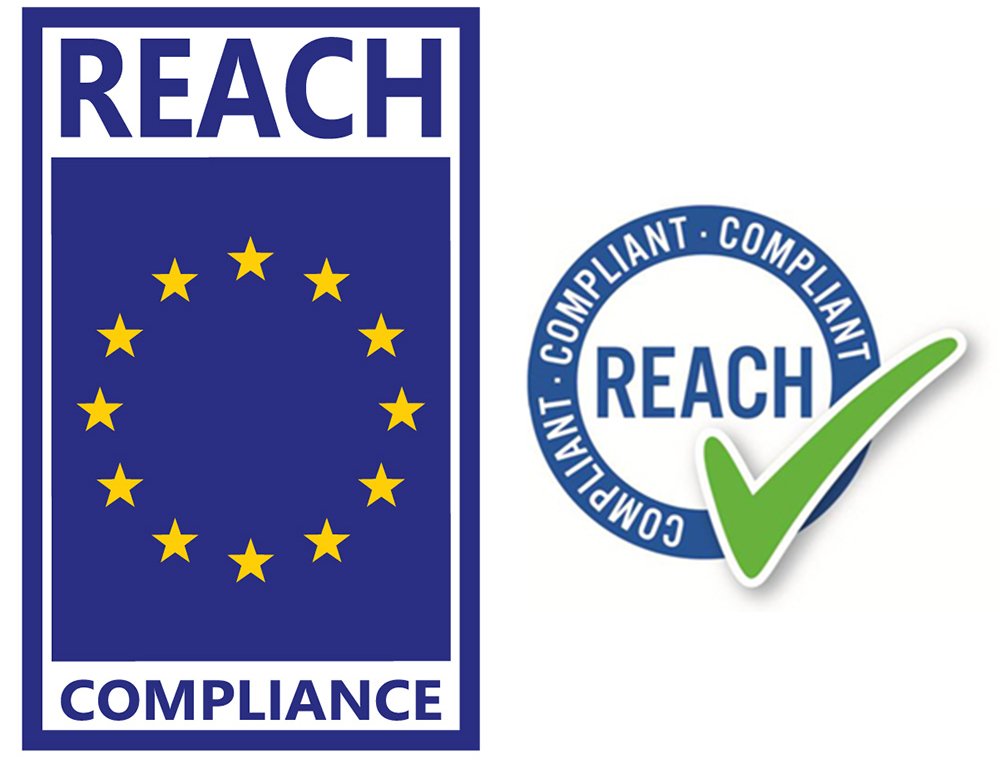
Next up, let’s talk about REACH Compliance, a crucial certification if you’re involved in the European market. REACH stands for Registration, Evaluation, Authorisation, and Restriction of Chemicals, and it’s a comprehensive regulation implemented by the European Union to protect human health and the environment from the risks posed by chemicals.
REACH Compliance ensures that all chemicals used in the manufacturing process are thoroughly tested and approved. This regulation covers all aspects, from the production to the use of chemical substances, ensuring they do not harm consumers or the environment. Essentially, REACH is about ensuring that every chemical in your product is safe, especially for items that come in close contact with people
Imagine this: You’re about to launch a new line of eco-friendly lunch bags in Europe. You want to ensure that your products appeal to environmentally conscious consumers and meet stringent safety standards. By complying with REACH, you can confidently market your lunch bags as free from harmful chemicals. This enhances your brand’s reputation and gives your customers peace of mind, knowing they’re purchasing safe and compliant products.
I recall a scenario where one of our clients expanded into the European market. They needed to ensure their products complied with all local regulations, including REACH. Initially, the compliance process seemed daunting, but the benefits were clear once they navigated through it. Their products were well-received, and the brand quickly gained trust and loyalty from European consumers.
Achieving REACH Compliance is a significant step. It demonstrates your commitment to safety and environmental responsibility, which can set your products apart in a competitive market. To learn more about REACH and ensure your products meet these essential standards, visit the European Chemicals Agency.
By adhering to REACH Compliance, you meet regulatory requirements and enhance your brand’s credibility. Customers today increasingly know the importance of product safety and environmental sustainability. Meeting these standards can significantly boost your market appeal and customer satisfaction.
3. GOTS (Global Organic Textile Standard)
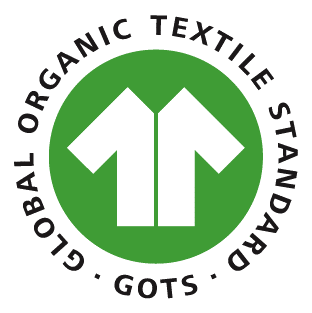
Next, let’s delve into the Global Organic Textile Standard, or GOTS. If you focus on organic and environmentally friendly products, GOTS is the certification you need. GOTS is recognized globally as the leading standard for organic textiles. It covers every stage of the production process, from harvesting raw materials to environmentally and socially responsible manufacturing.
What sets GOTS apart is its stringent criteria. To be GOTS certified, textiles must contain a minimum of 70% organic fibers. The certification also prohibits using toxic bleaches, dyes, and other chemical inputs during production. This means that your products are safe for consumers and kinder to the planet.
Consider this: You’re a manufacturer aiming to launch a line of organic tote bags. With the GOTS certification, you can confidently market your products as genuinely organic. This appeals to a growing segment of consumers who are increasingly aware of and concerned about the environmental impact of their purchases. By meeting GOTS standards, you’re ensuring that your tote bags are made from organically grown fibers and processed in a way that meets high environmental and social criteria.
I remember working with a client who wanted to create a new line of organic reusable bags. Initially, they needed clarification about the benefits of GOTS certification. However, the advantages became evident once they committed to the certification process. Their products quickly gained popularity among eco-conscious consumers, and they could command a premium price point due to the perceived added value of the GOTS certification.
GOTS certification also emphasizes fair labor practices, which is increasingly important to consumers. By meeting GOTS standards, you’re committing to environmental sustainability and ensuring that the workers involved in producing your products are treated fairly and work under safe conditions. This holistic approach to sustainability can significantly enhance your brand’s reputation and appeal.
For manufacturers of tote bags, reusable bags, backpacks, lunch bags, cooler bags, storage bags, and handbags, obtaining GOTS certification can significantly enhance your product’s marketability. It signals to your customers that your products are made from organic materials and processed in an environmentally and socially responsible manner. To get more information and see how you can get certified, visit the GOTS Official Site.
By embracing GOTS certification, you align your products with the growing demand for sustainable and organic goods and demonstrate your commitment to high environmental and social standards. This can lead to increased customer loyalty and a more substantial brand reputation. GOTS-certified products stand out in a crowded market, making them a preferred choice for discerning consumers who value quality, sustainability, and ethical production practices.
4. BLUESIGN®
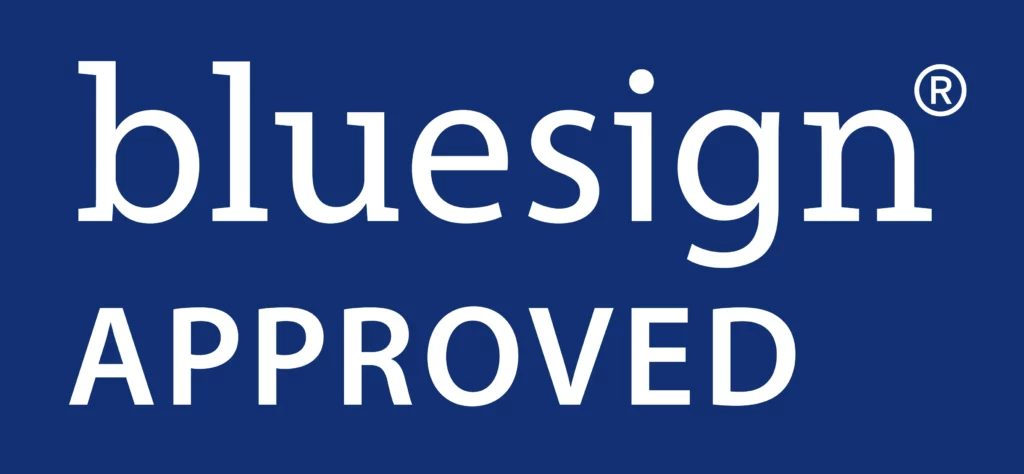
Let’s move on to BLUESIGN®, a significant certification in sustainable textile production. BLUESIGN® focuses on eliminating harmful substances from the beginning of the manufacturing process and setting standards for environmentally friendly and safe production. This holistic approach ensures that every supply chain step, from raw materials to finished products, adheres to strict environmental and safety standards.
Consider this: You’re a manufacturer producing high-quality backpacks. Your customers expect durability and performance but are increasingly demanding sustainability. By switching to BLUESIGN® certified materials, you ensure that your backpacks are free from harmful chemicals and produced in a way that conserves resources and reduces pollution. One of our clients, a significant player in the backpack industry, switched to BLUESIGN® certified materials and saw a considerable boost in their brand’s sustainability reputation, translating into increased sales and customer loyalty.
For manufacturers, BLUESIGN® certification not only assures customers of the safety and sustainability of their products but also optimizes resource use and reduces waste, leading to cost savings. To learn more about BLUESIGN® and how to get your products certified, visit the BLUESIGN® Official Site. Embracing BLUESIGN® principles demonstrates your commitment to environmental responsibility and can significantly enhance your brand’s credibility and appeal.
5. Leather Working Group (LWG)
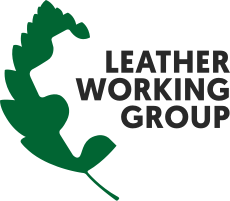
If you’re in the leather goods market, the Leather Working Group (LWG) certification is one you can’t afford to ignore. LWG focuses on improving the environmental performance of the leather industry by assessing and certifying leather manufacturers based on strict environmental protocols. This certification covers various aspects of leather production, including water and energy usage, waste management, and the control of harmful chemicals, ensuring that leather products are produced responsibly and with minimal environmental impact.
Consider this: You’re a manufacturer of premium handbags, and you want to ensure that your products look good and are produced sustainably. By sourcing leather from LWG-certified tanneries, you can guarantee that your handbags meet high environmental standards. One of our clients, a leading handbag manufacturer, pursued LWG certification and saw substantial benefits. They significantly reduced their ecological footprint, and their handbags gained a reputation for being both stylish and eco-friendly. Customers appreciated the transparency and commitment to sustainability, translating into increased sales and brand loyalty.
For manufacturers, achieving LWG certification helps reduce environmental impact and boosts your brand’s image as a responsible manufacturer. It assures your customers that your leather products are made using the best ecological practices, enhancing your brand’s credibility and appeal. In a market where consumers increasingly demand sustainable and ethically produced goods, LWG certification can give you a competitive edge. To learn more about LWG certification and how it can benefit your business, visit the Leather Working Group.
6. Global Recycled Standard (GRS)

The Global Recycled Standard (GRS) is an essential certification for manufacturers committed to sustainability and responsible sourcing. GRS certifies products made from recycled materials and ensures responsible social, environmental, and chemical practices throughout production. This comprehensive standard helps manufacturers guarantee the authenticity and sustainability of their recycled content, giving consumers confidence in the eco-friendliness of the products they purchase.
Consider this: You’re a manufacturer producing stylish tote bags. By obtaining GRS certification, you can assure your customers that your tote bags are made from verified recycled materials and processed environmentally and socially responsibly. One of our clients, a producer of high-quality tote bags, decided to pursue GRS certification. Initially, finding suppliers who could meet the stringent GRS standards was a challenge, but the effort paid off. Their GRS-certified tote bags quickly became popular among environmentally-conscious consumers, allowing the brand to command a premium price and build a reputation for sustainability.
GRS certification covers the entire supply chain, from the recycling process to the final product, ensuring transparency and accountability at every step. This certification also includes strict criteria for social responsibility, ensuring fair labor practices and safe working conditions. GRS certification signals a solid commitment to sustainability and ethical production for manufacturers of tote bags, reusable bags, backpacks, and other textile products. It helps differentiate your products in a crowded market and attracts customers who prioritize eco-friendly choices. To learn more about GRS and how to get certified, visit the GRS Official Site.
By adopting GRS certification, you enhance your products’ sustainability and demonstrate your brand’s commitment to environmental and social responsibility. This can significantly boost your brand’s credibility and appeal to a growing base of eco-conscious consumers. Embracing GRS principles shows you are serious about reducing environmental impact and promoting ethical practices, making it a valuable investment for any forward-thinking manufacturer.
7. FSC (Forest Stewardship Council)

The Forest Stewardship Council (FSC) certification is vital for manufacturers who use wood or paper products and want to ensure their materials come from responsibly managed forests. FSC certification guarantees that products like paper, wood, and other forest-based materials are sourced in an environmentally responsible, socially beneficial, and economically viable manner. This is particularly important for manufacturers producing paper-based packaging for bags, wooden handles, or other components derived from forest products.
Consider this scenario: You’re a manufacturer of premium handbags and decide to use FSC-certified paper for your product packaging. This enhances your brand’s environmental credibility and appeals to eco-conscious consumers who value sustainability. One of our clients, a high-end handbag manufacturer, switched to FSC-certified packaging, and the move was well-received by their customers, who appreciated the commitment to environmental stewardship. This change improved the brand’s image and boosted sales as more consumers chose their products over competitors.
FSC certification supports fair labor practices and respects the rights of indigenous communities, ensuring positive social impacts of forest management. For manufacturers, FSC certification’s benefits extend beyond environmental sustainability to ethical and responsible sourcing practices. To learn more about FSC and how to get your products certified, visit the FSC Official Site. By embracing FSC certification, you align your brand with growing consumer demand for ethically and sustainably sourced products, enhancing your brand’s reputation and marketability while demonstrating a commitment to preserving forests and promoting sustainable practices.
Conclusion:
Choosing materials with these certifications can significantly enhance the quality and sustainability of your products. These certifications not only ensure that the materials are safe and eco-friendly but also boost the credibility of your brand in the eyes of environmentally conscious consumers. By adhering to standards like OEKO-TEX® Standard 100, REACH Compliance, GOTS, BLUESIGN®, LWG, GRS, and FSC, you demonstrate a commitment to high-quality, ethical, and sustainable manufacturing practices.
Coraggio is dedicated to providing high-quality bags made from certified materials. With over 15 years of experience, our design team ensures that every bag we produce meets these rigorous standards. Whether you’re looking for tote bags, reusable bags, backpacks, lunch bags, cooler bags, storage bags, or handbags, we have the expertise and the certifications to meet your needs.
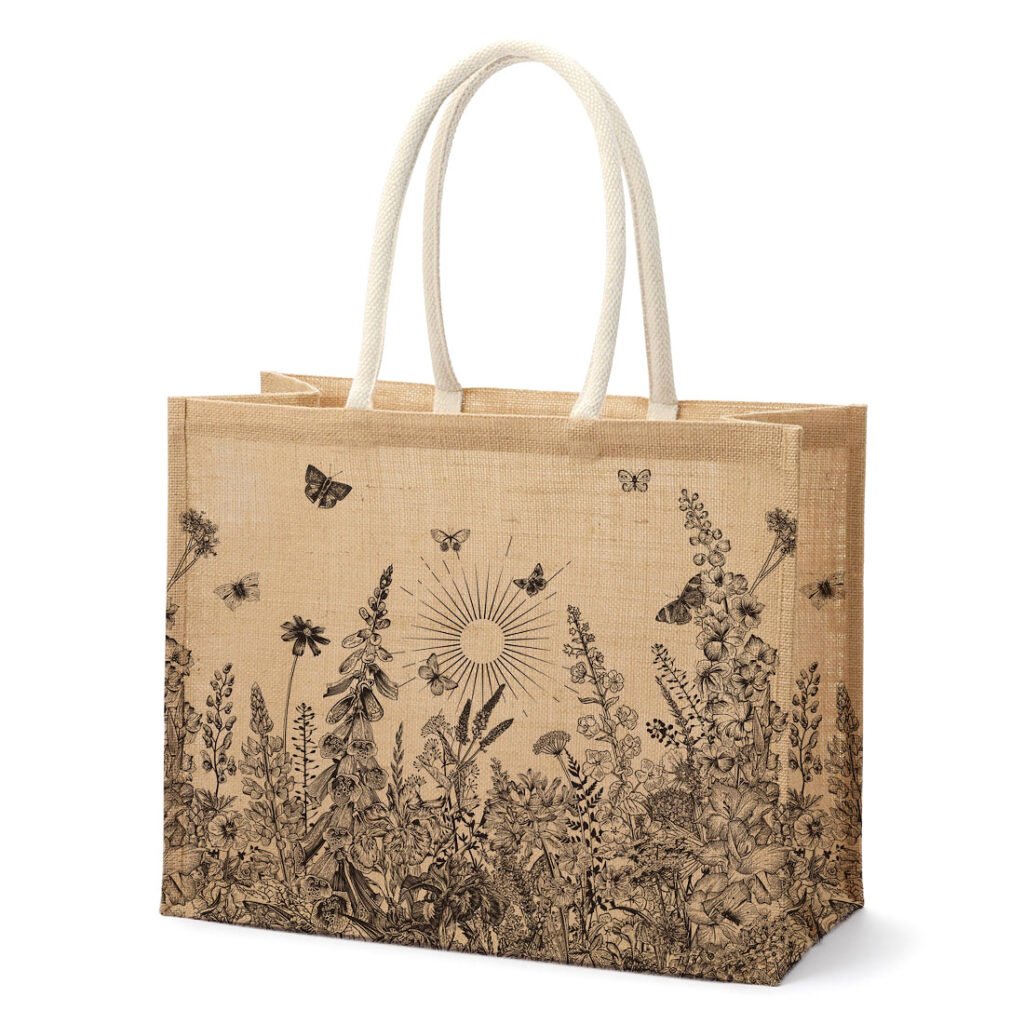
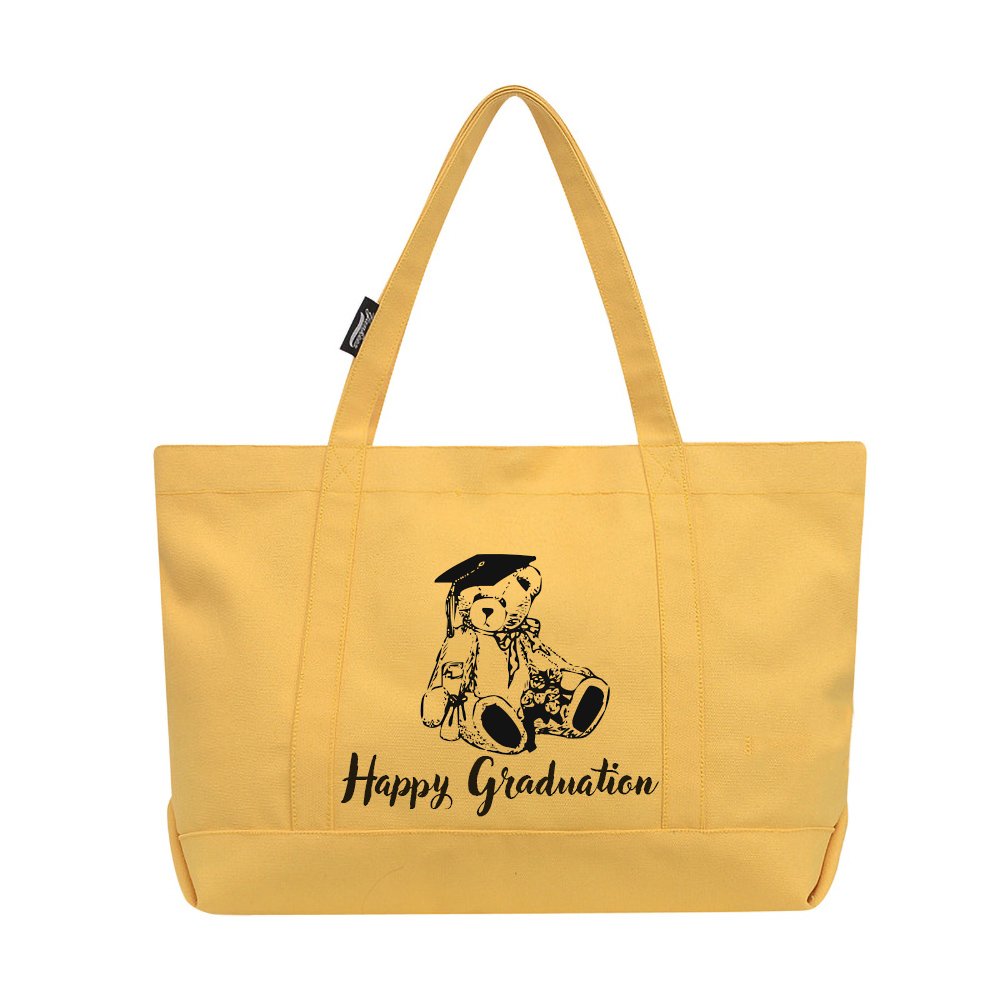
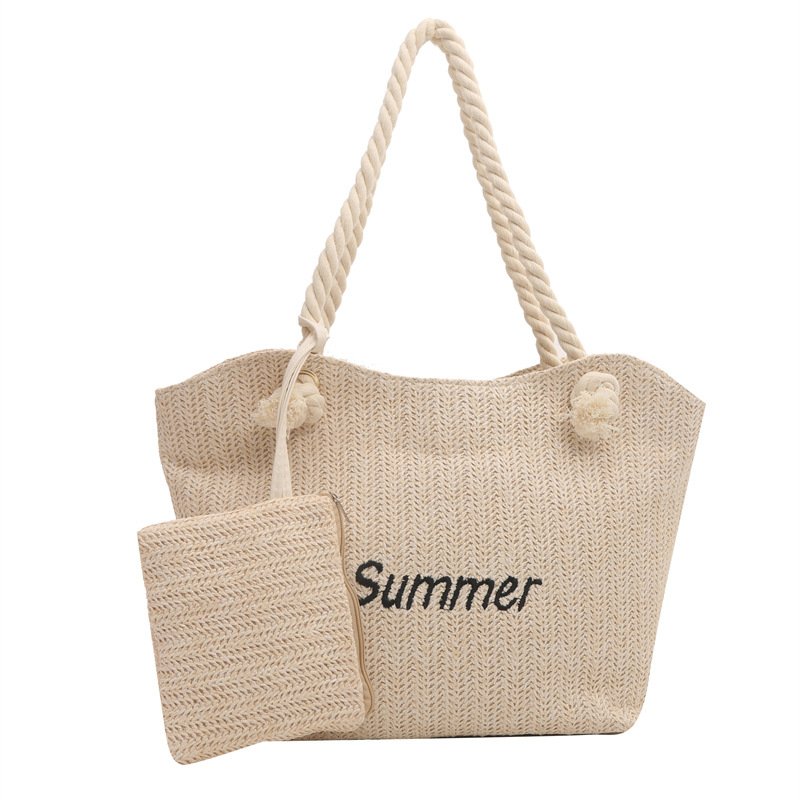
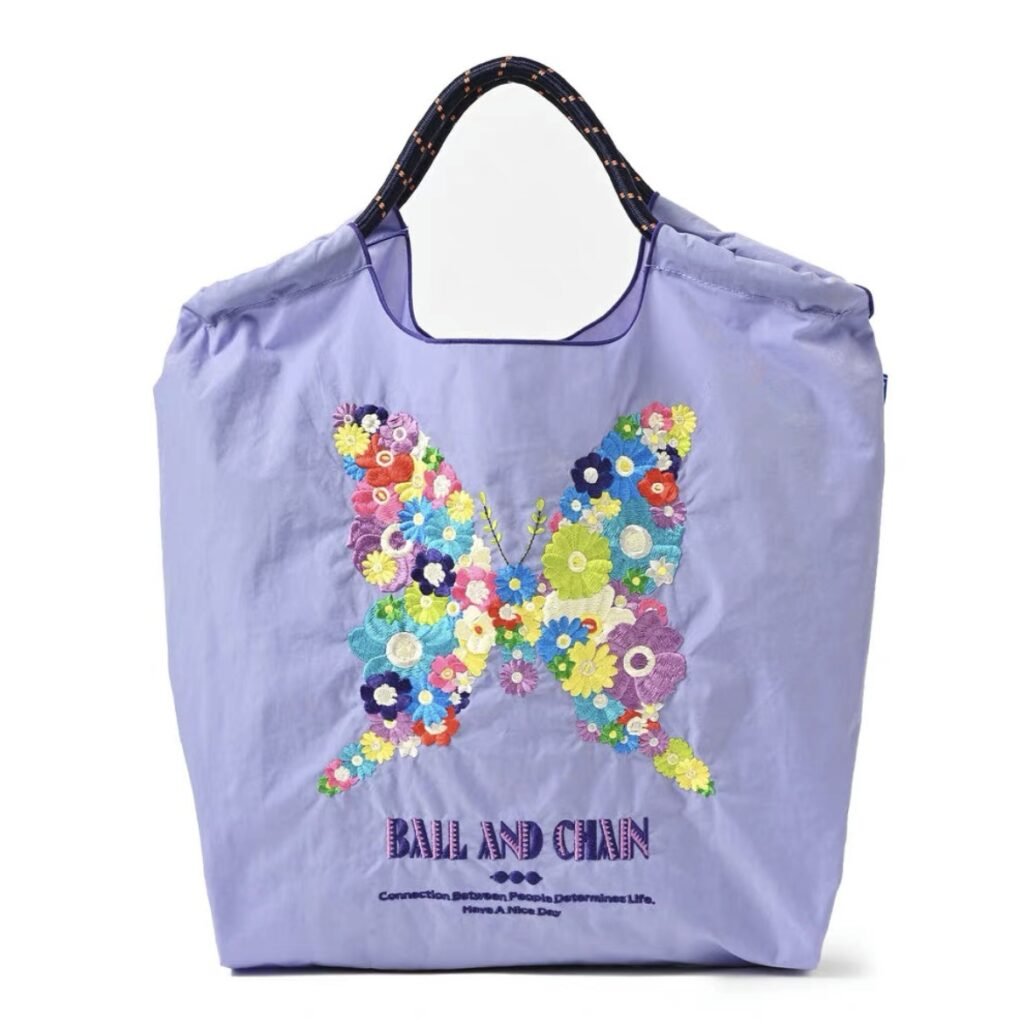
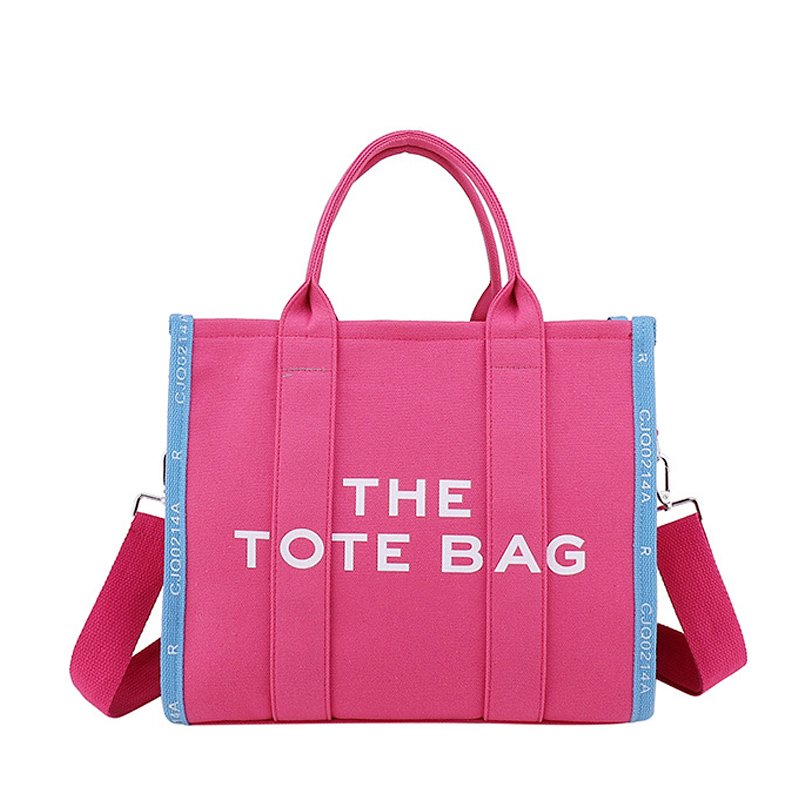
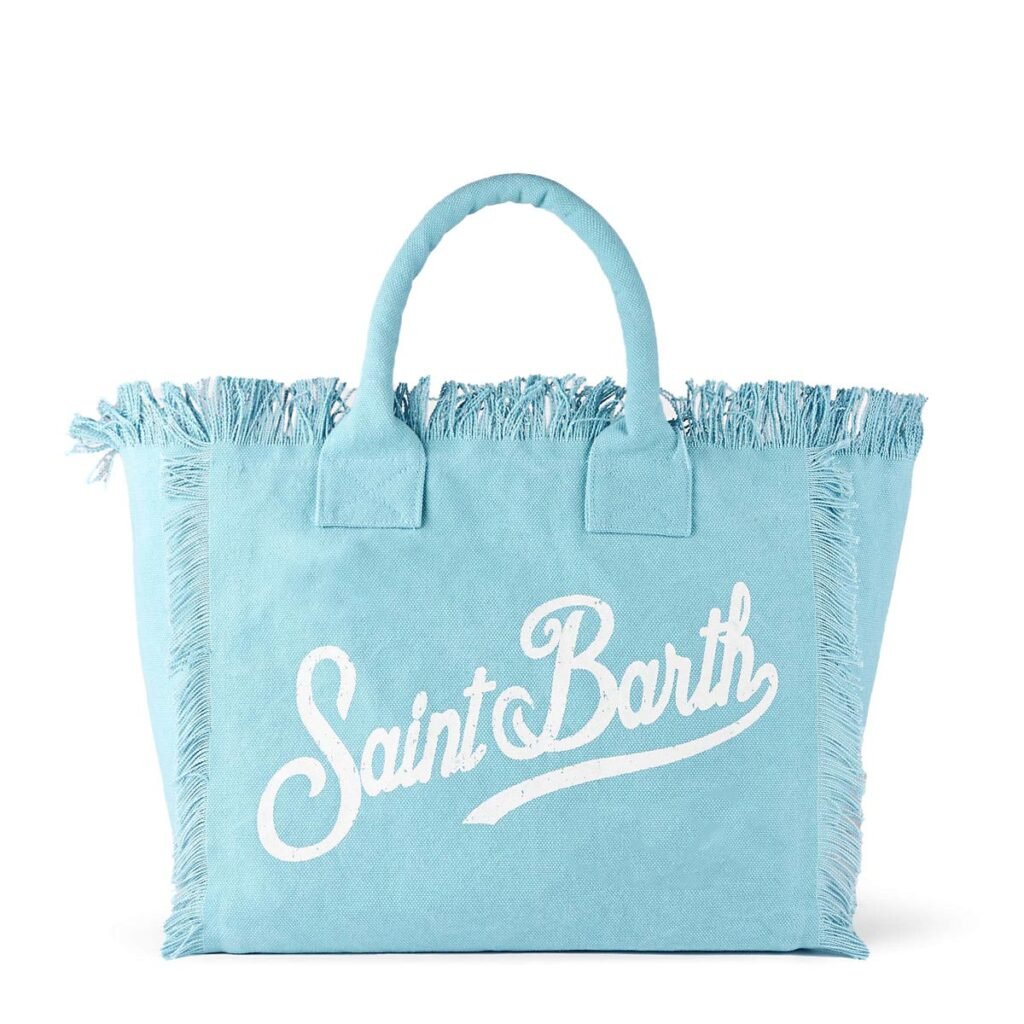
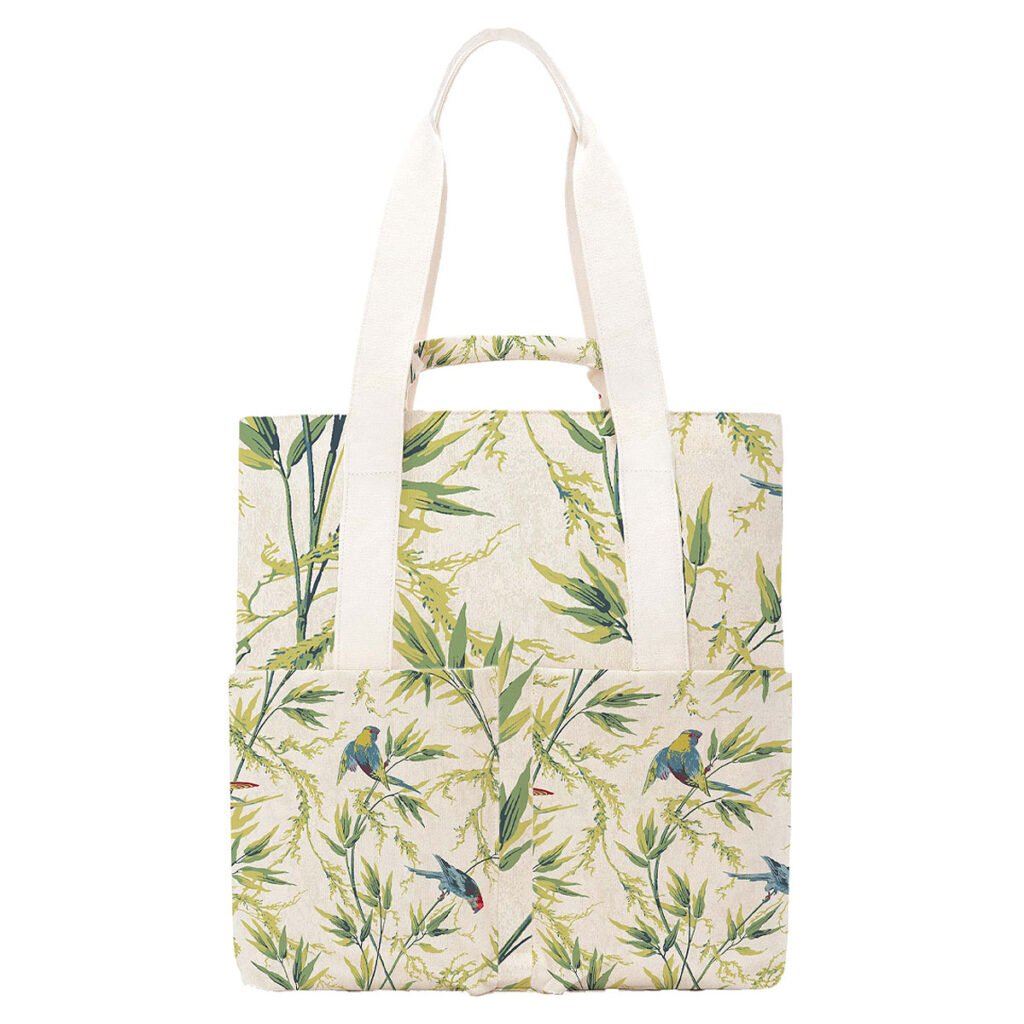
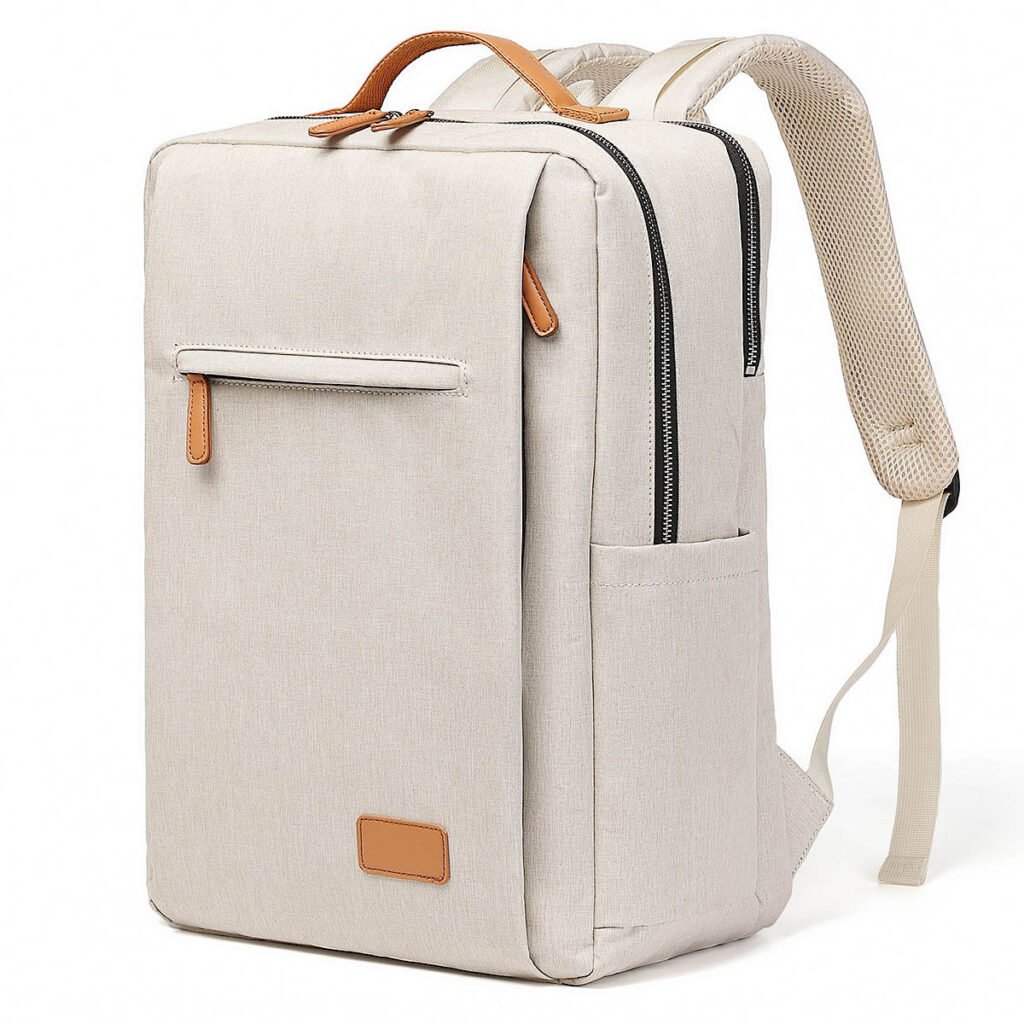
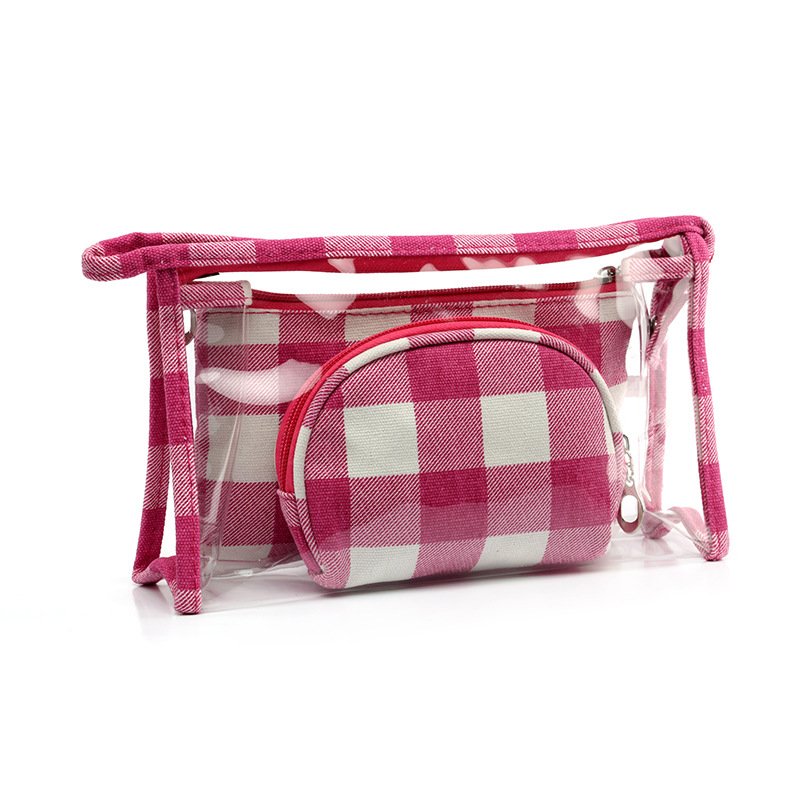
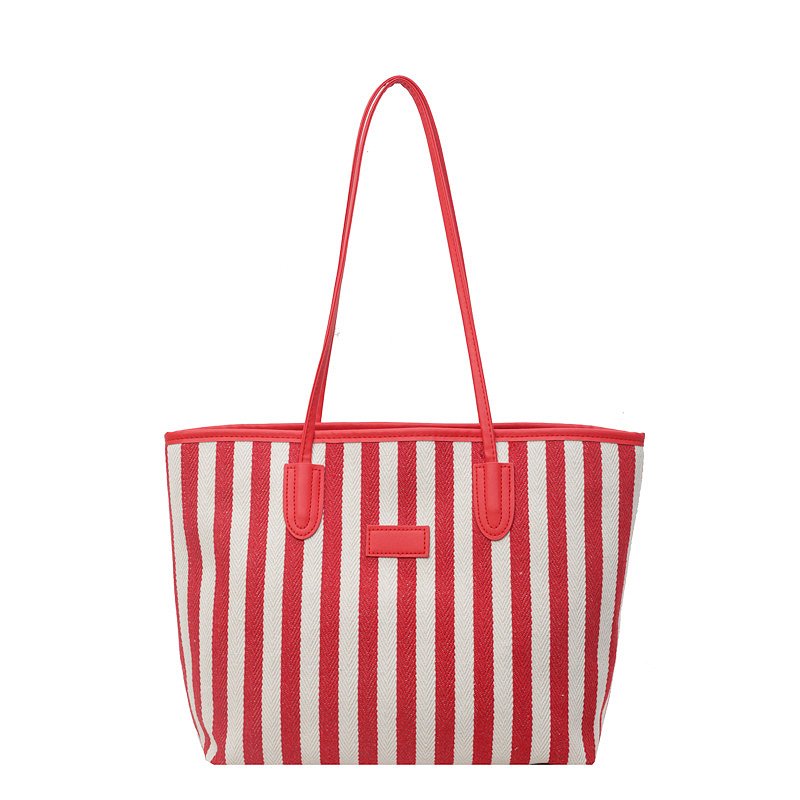
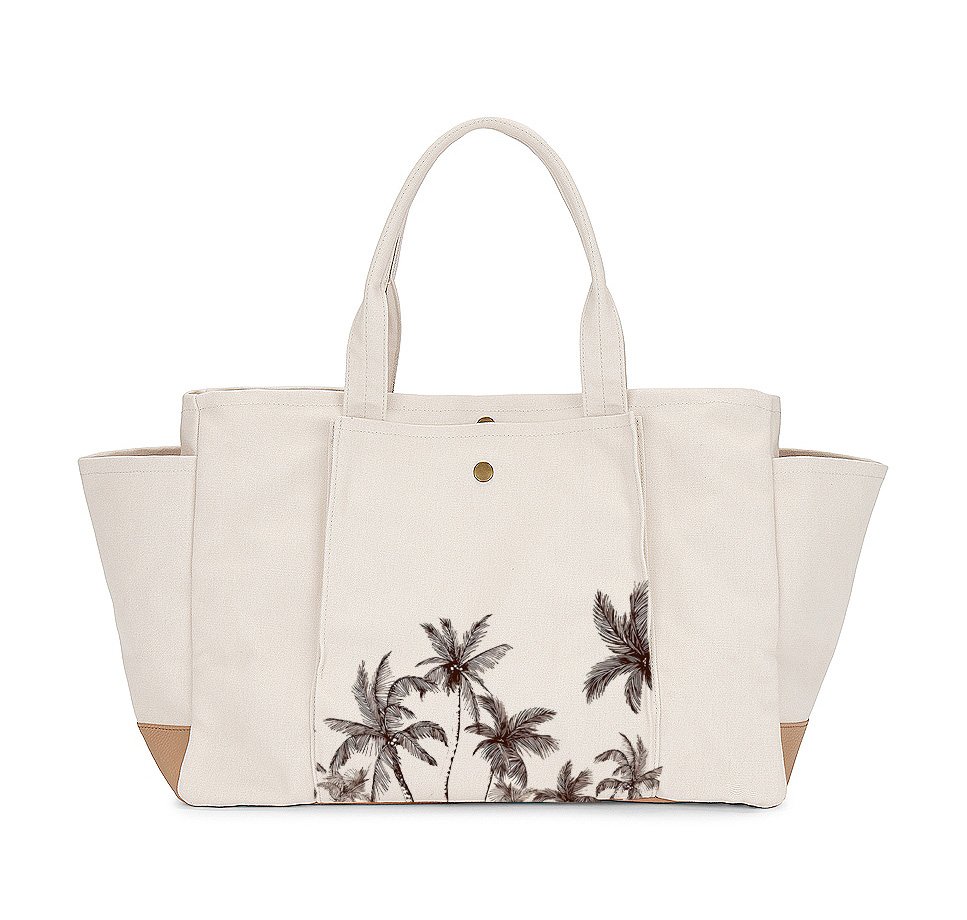
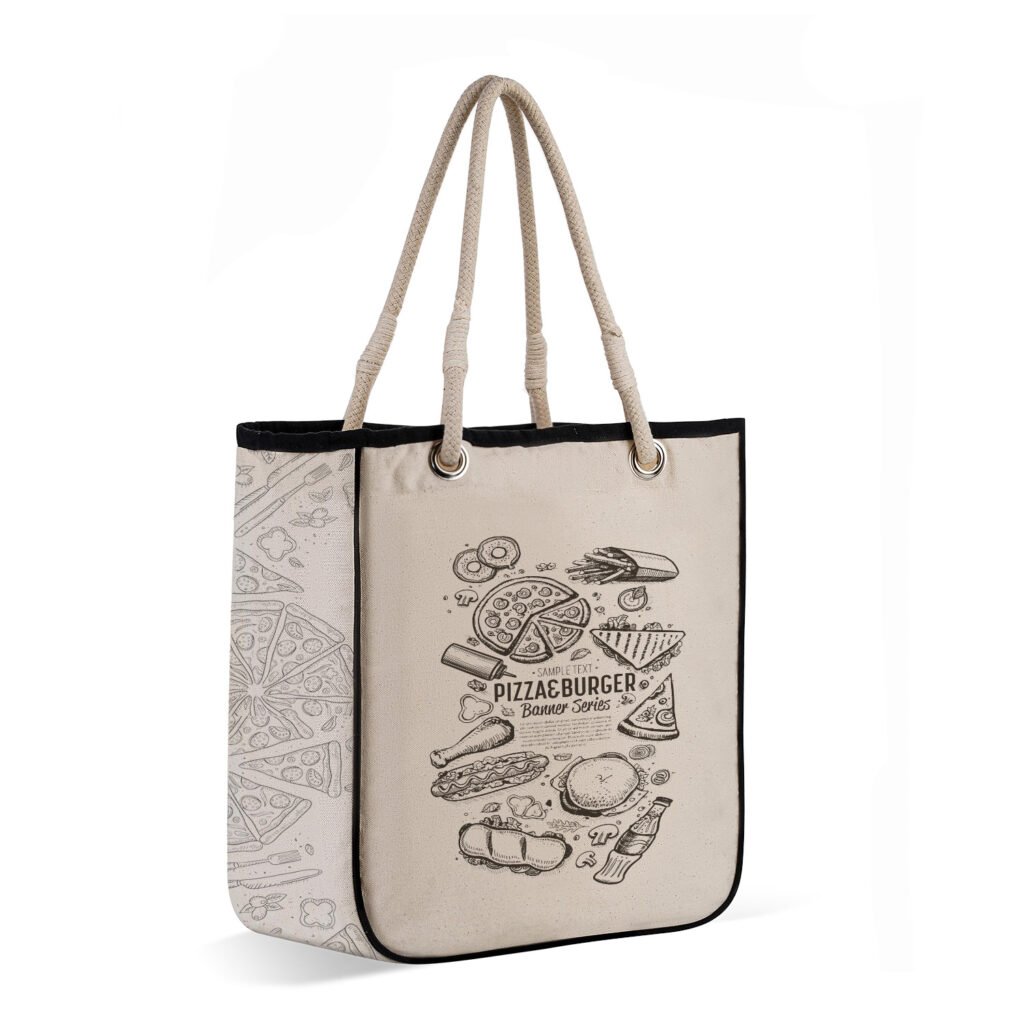
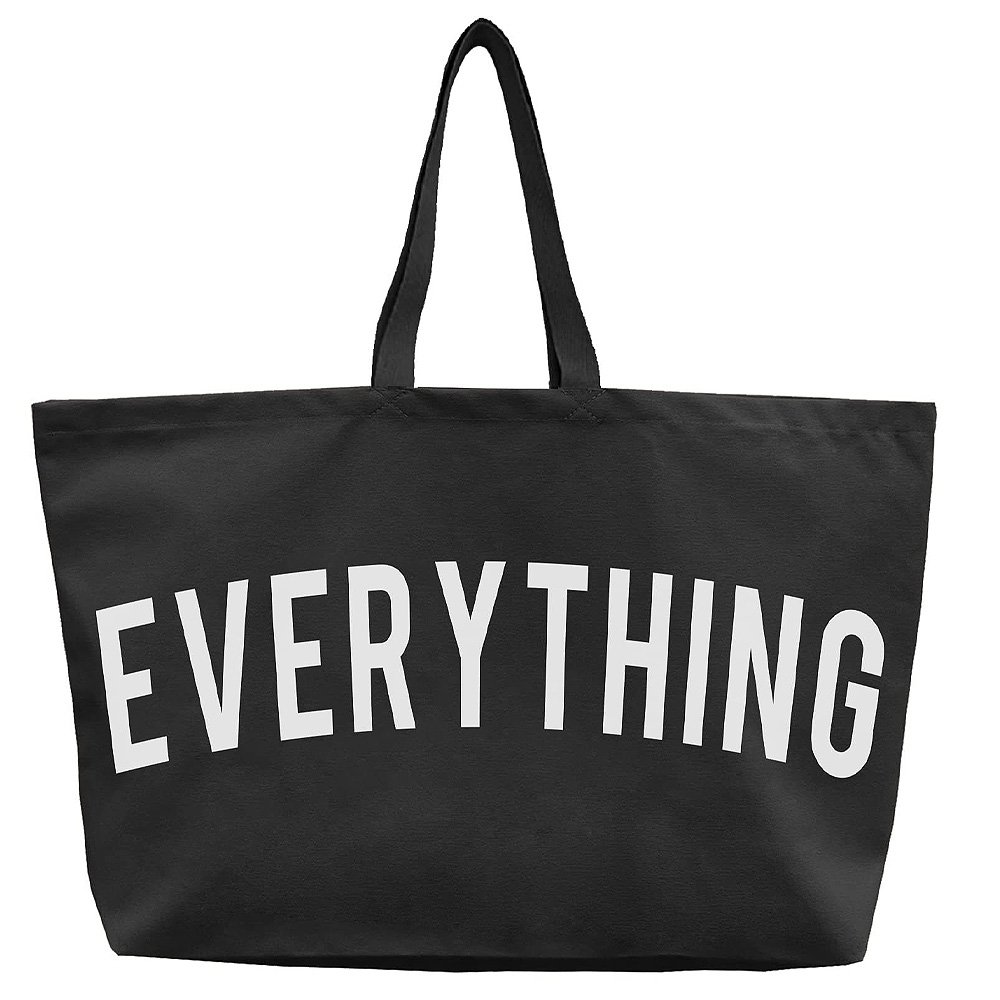
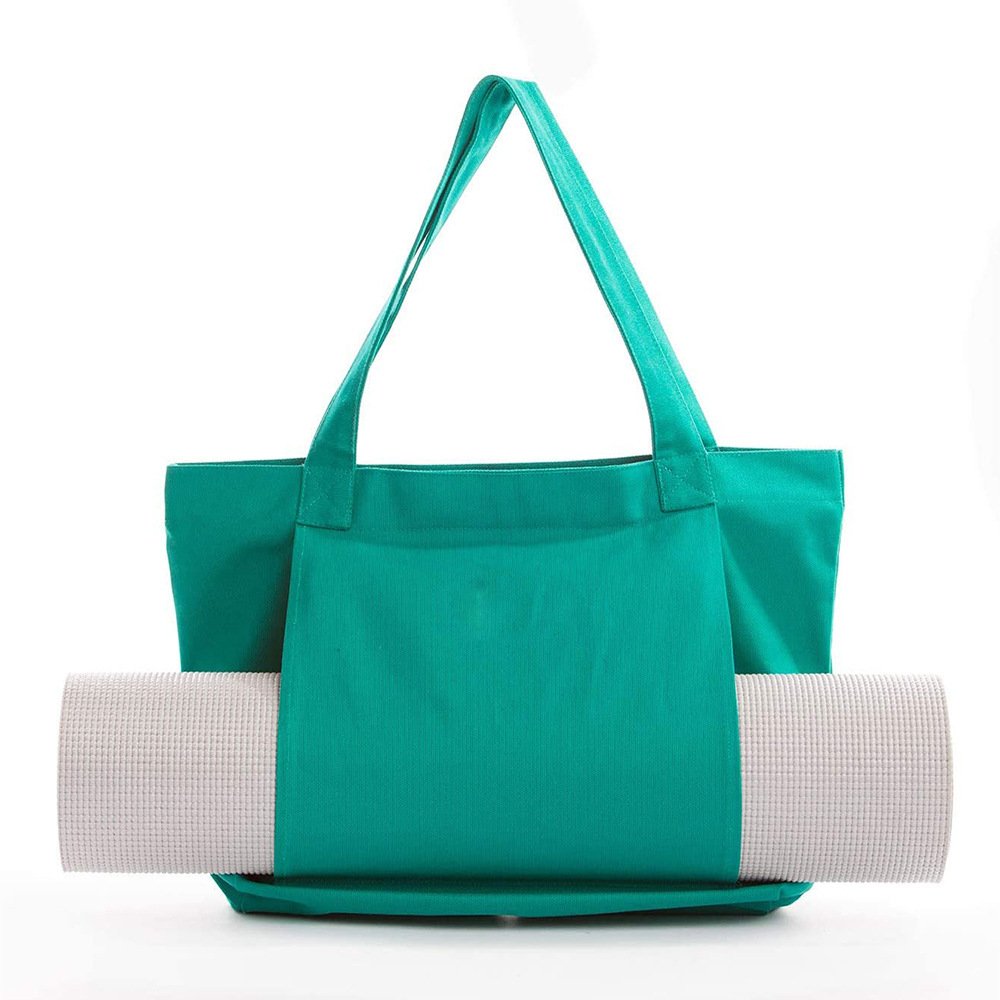
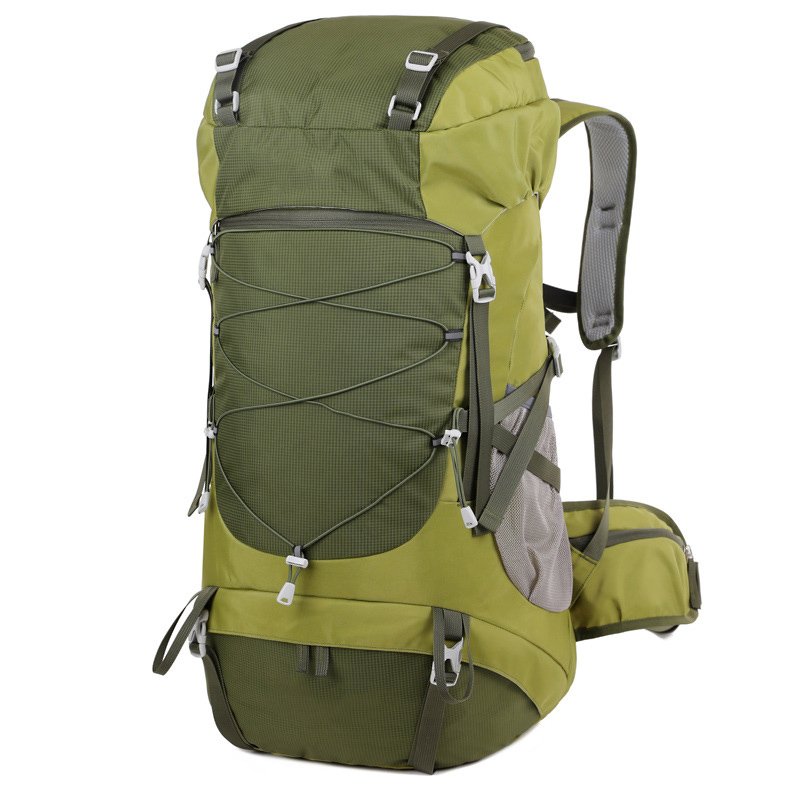
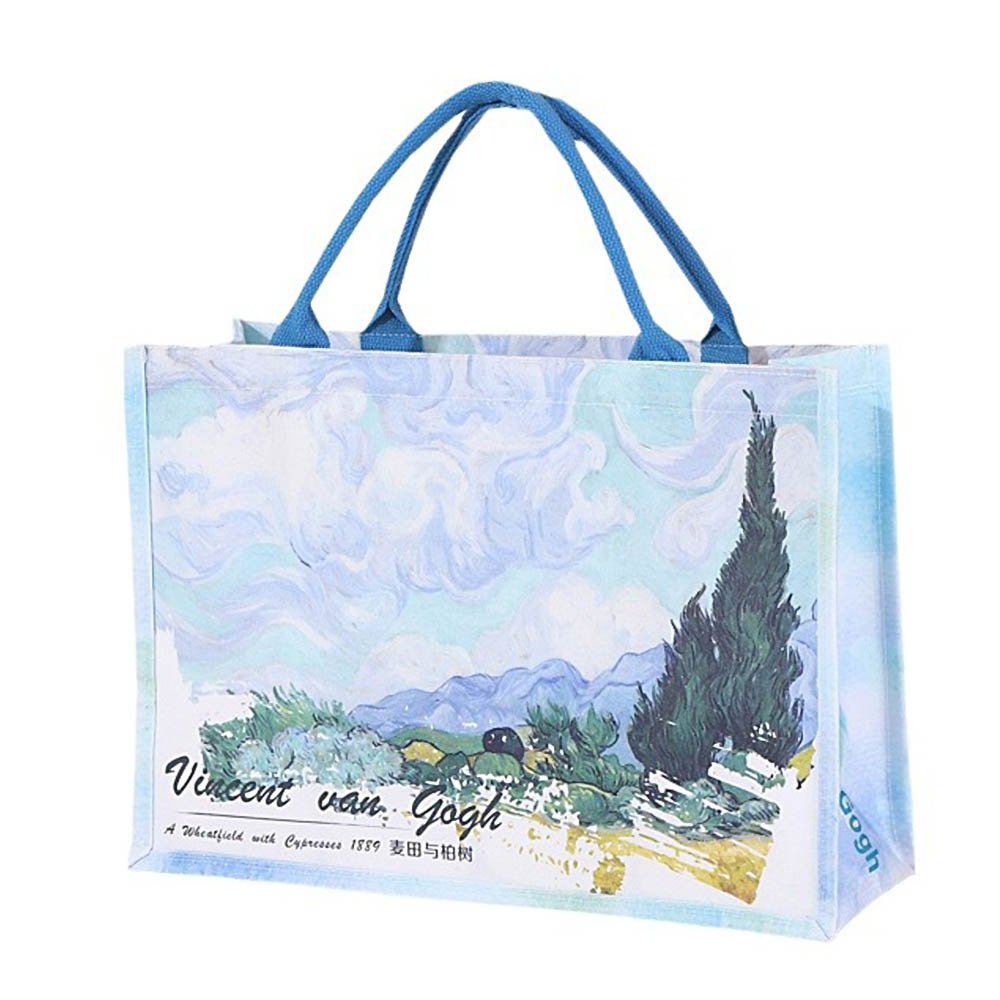
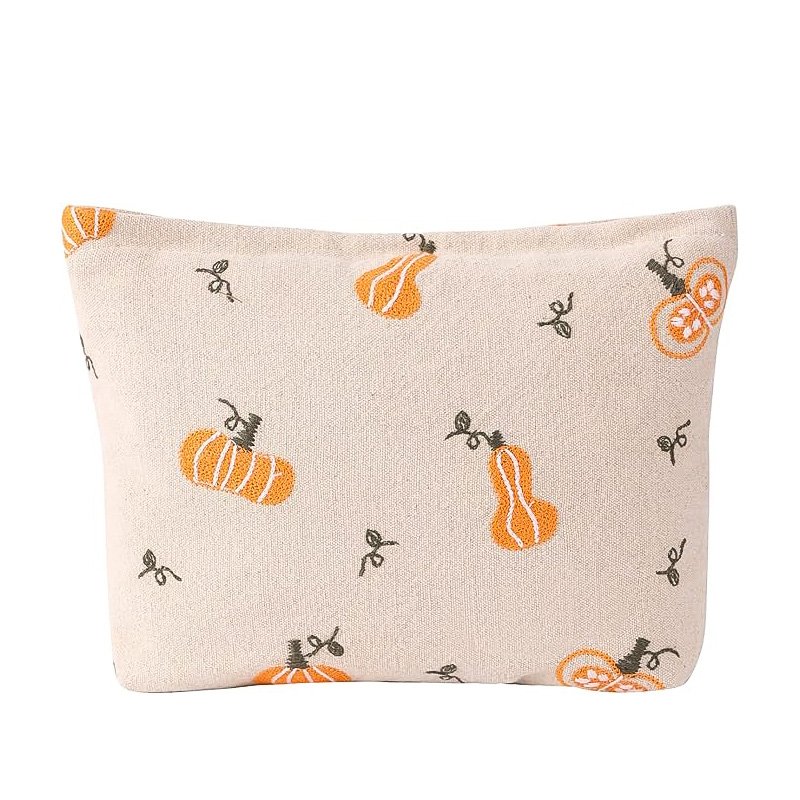
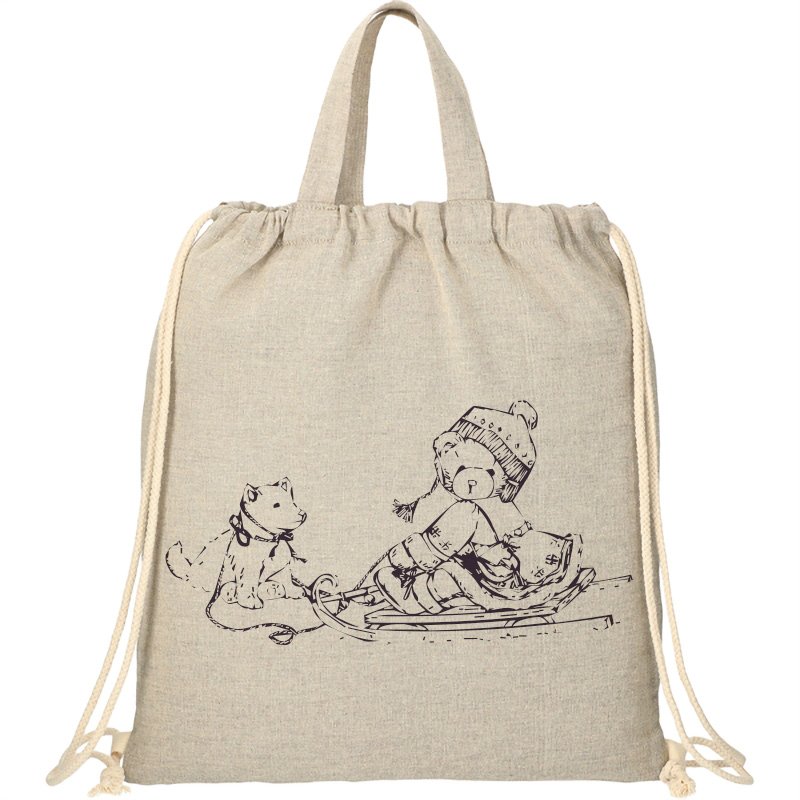
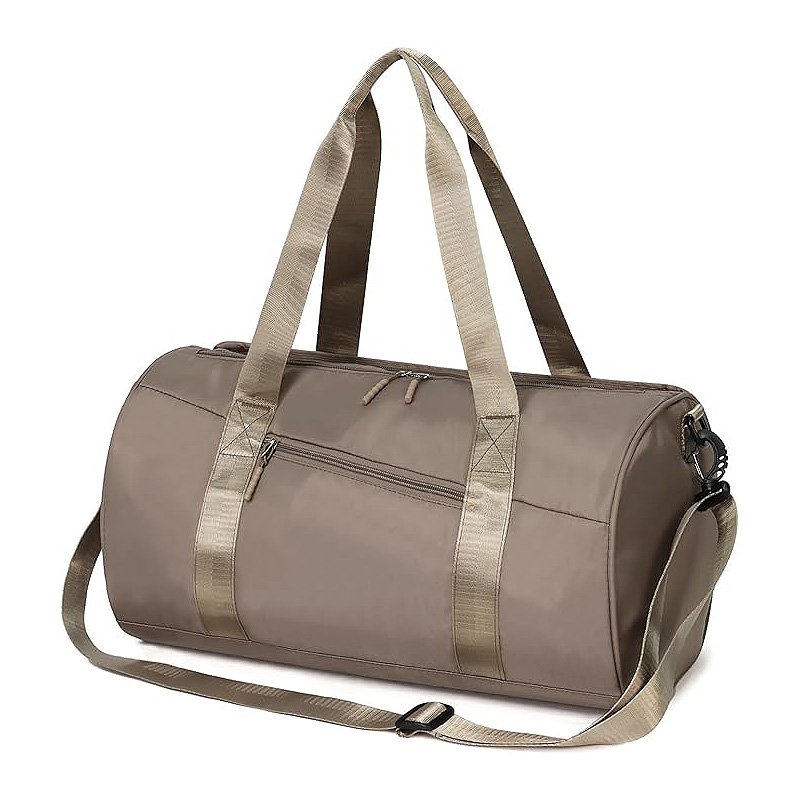
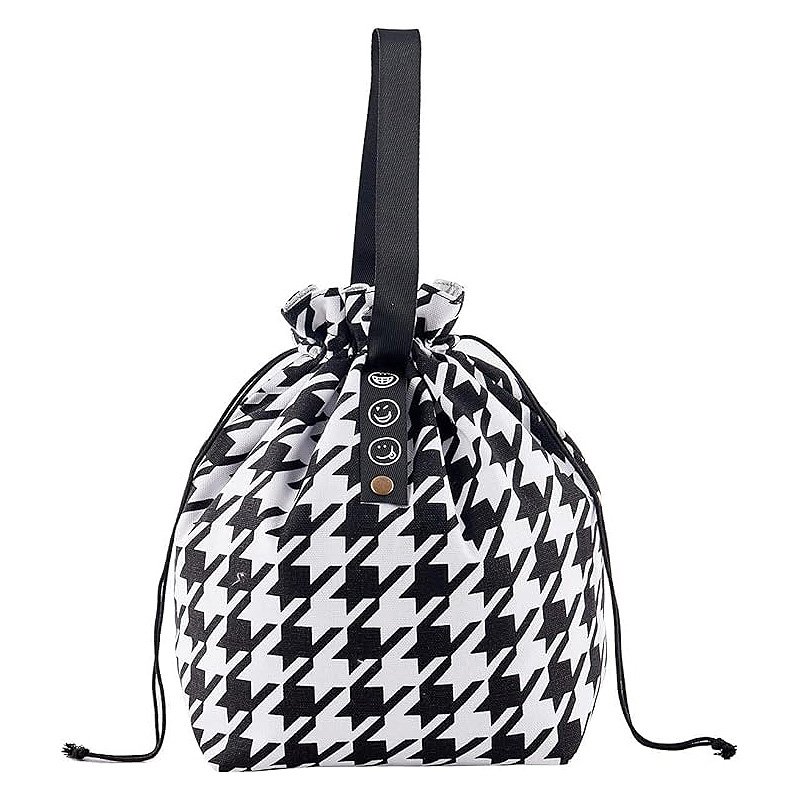
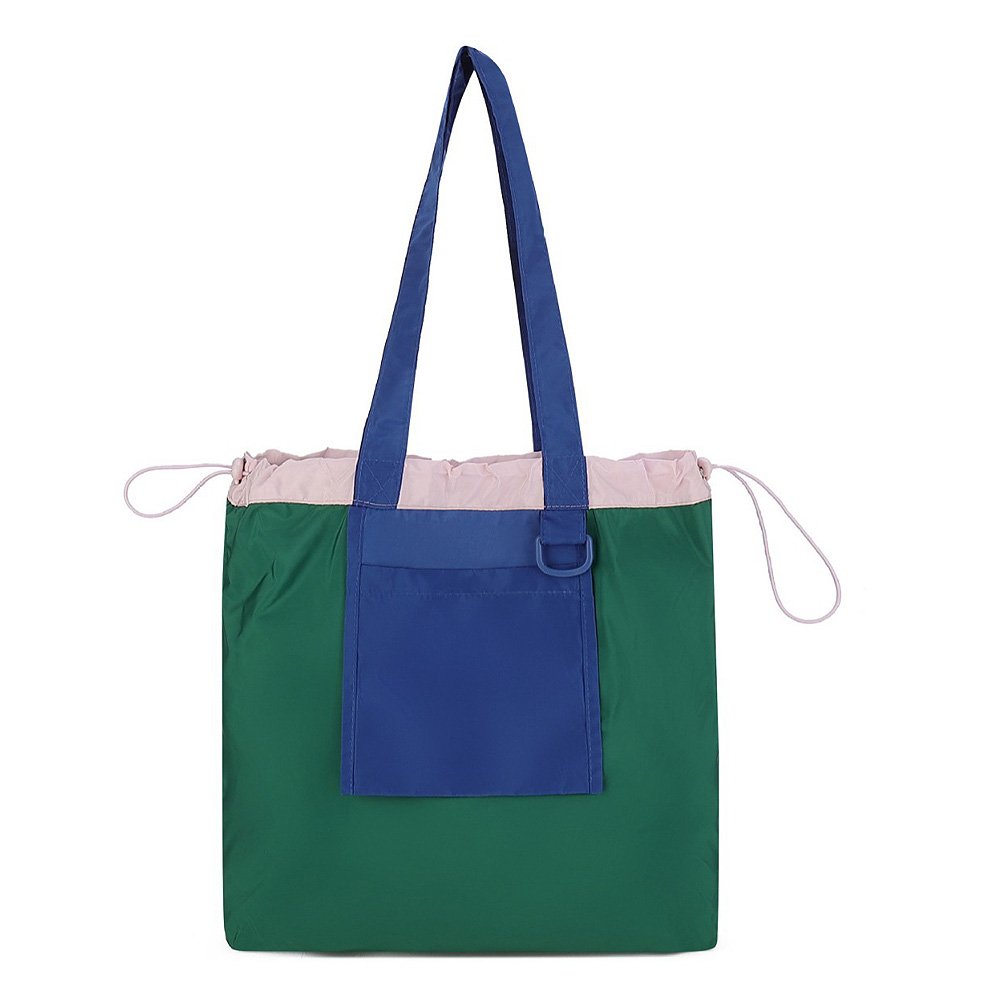
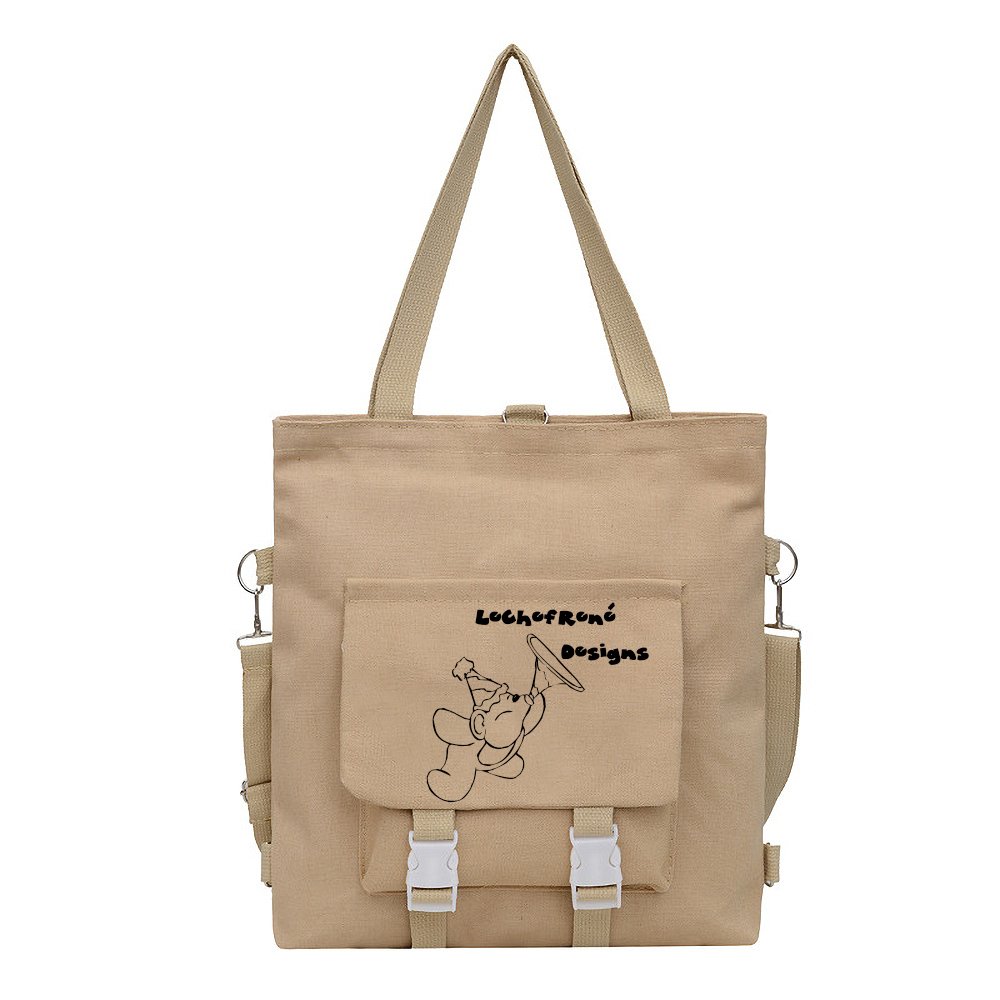
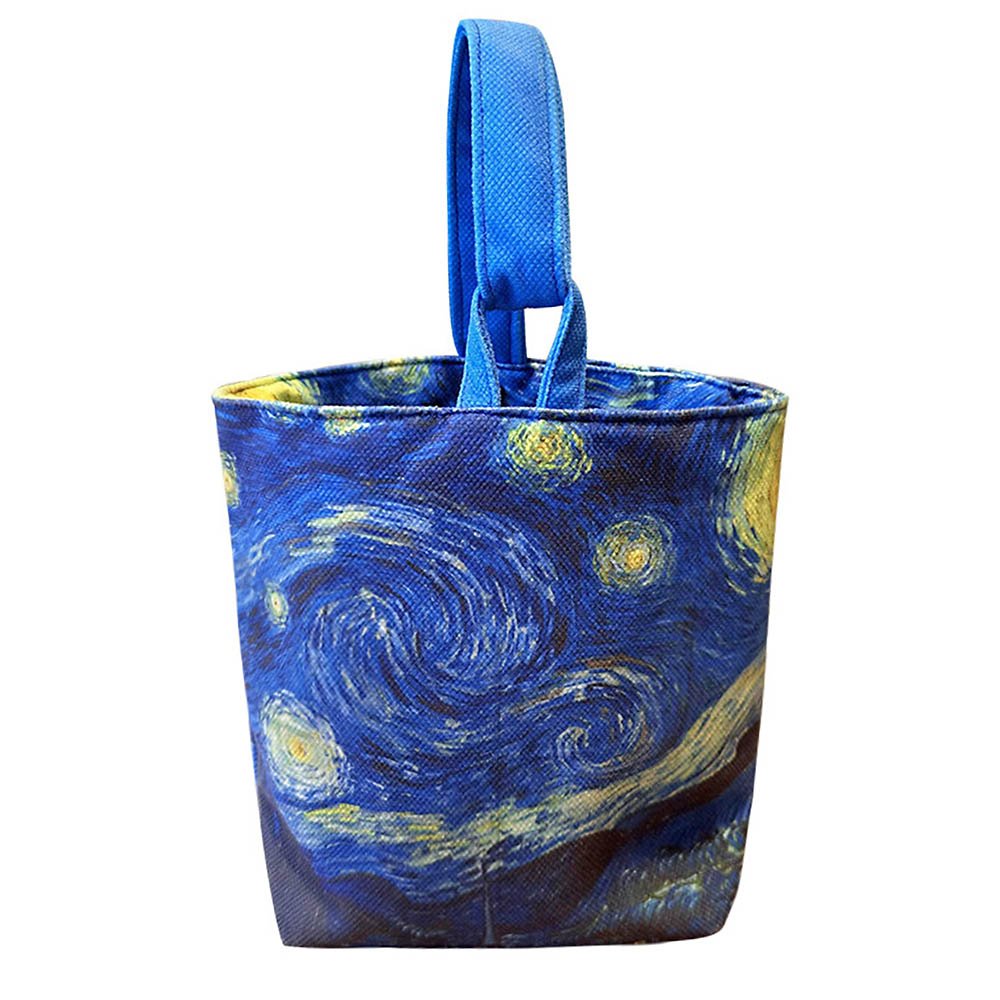
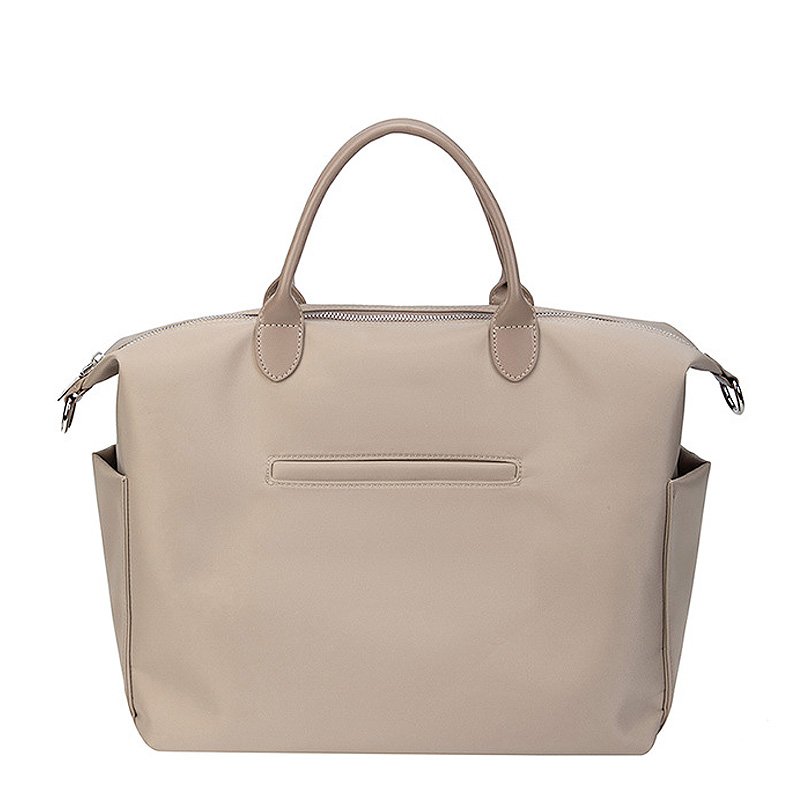
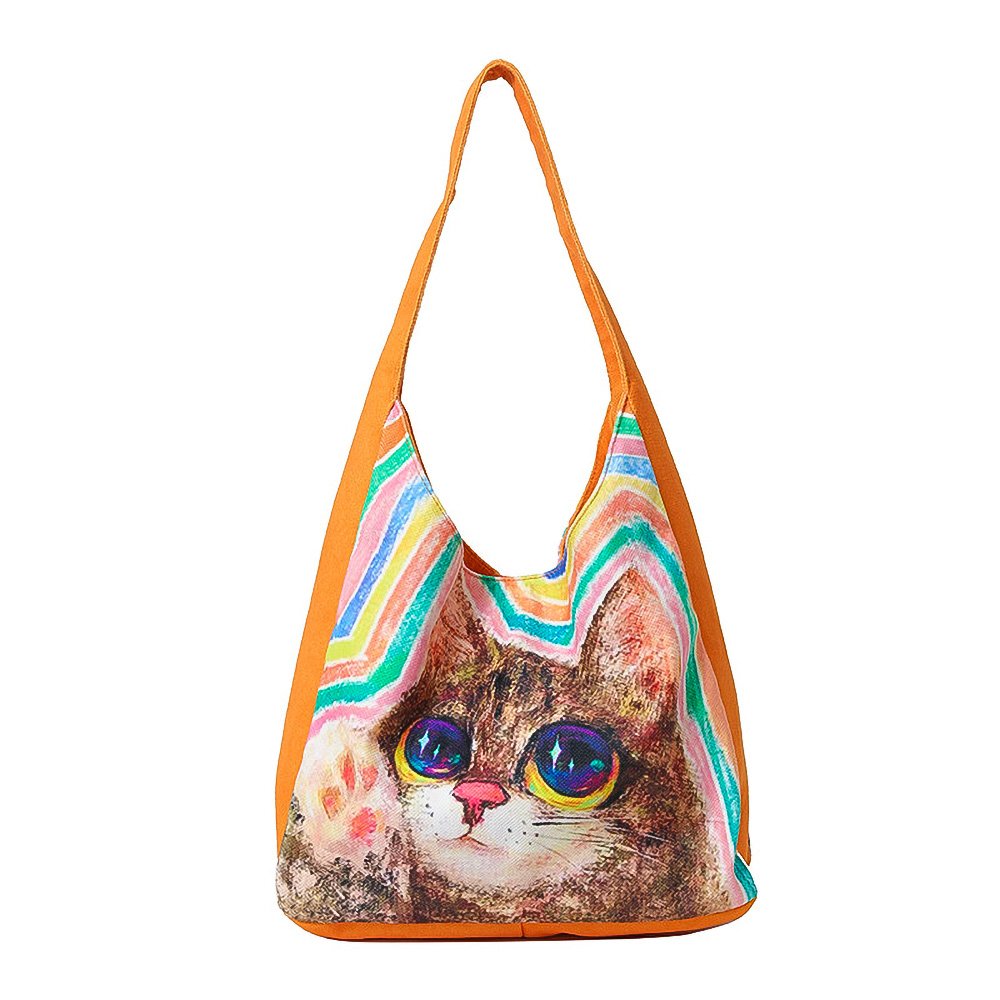
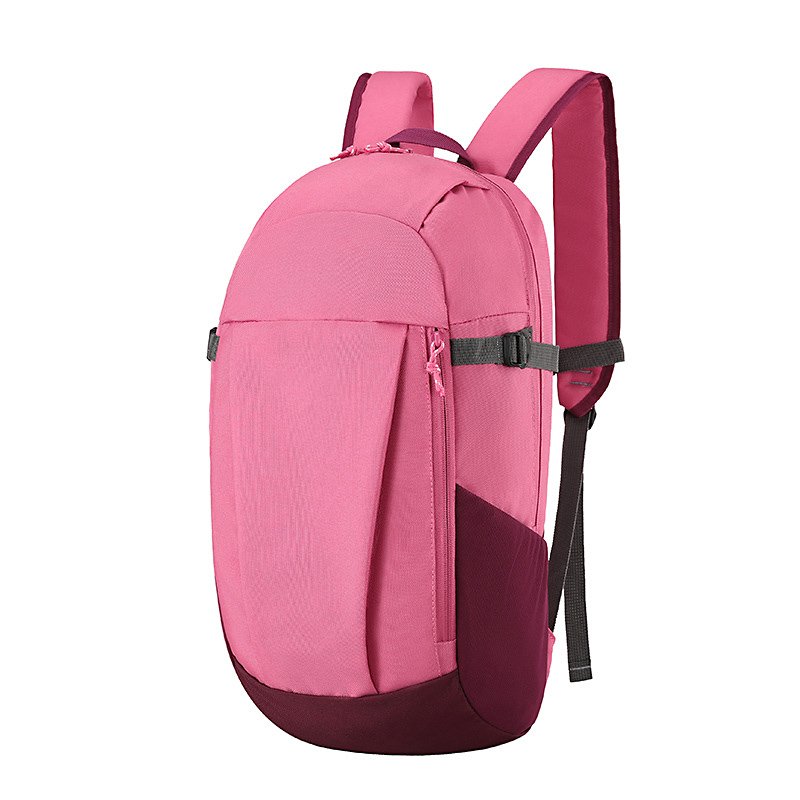
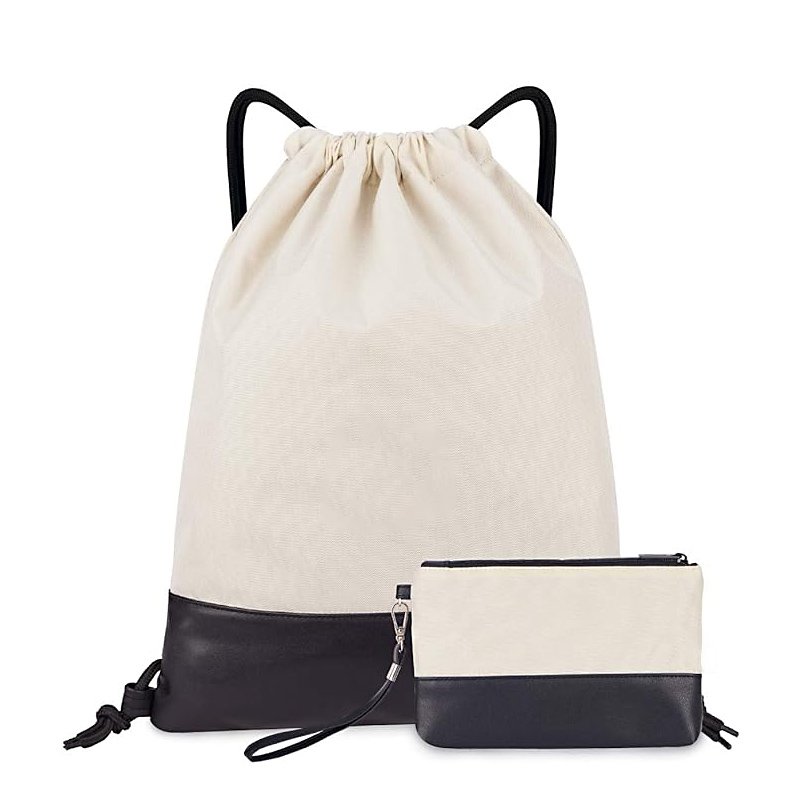
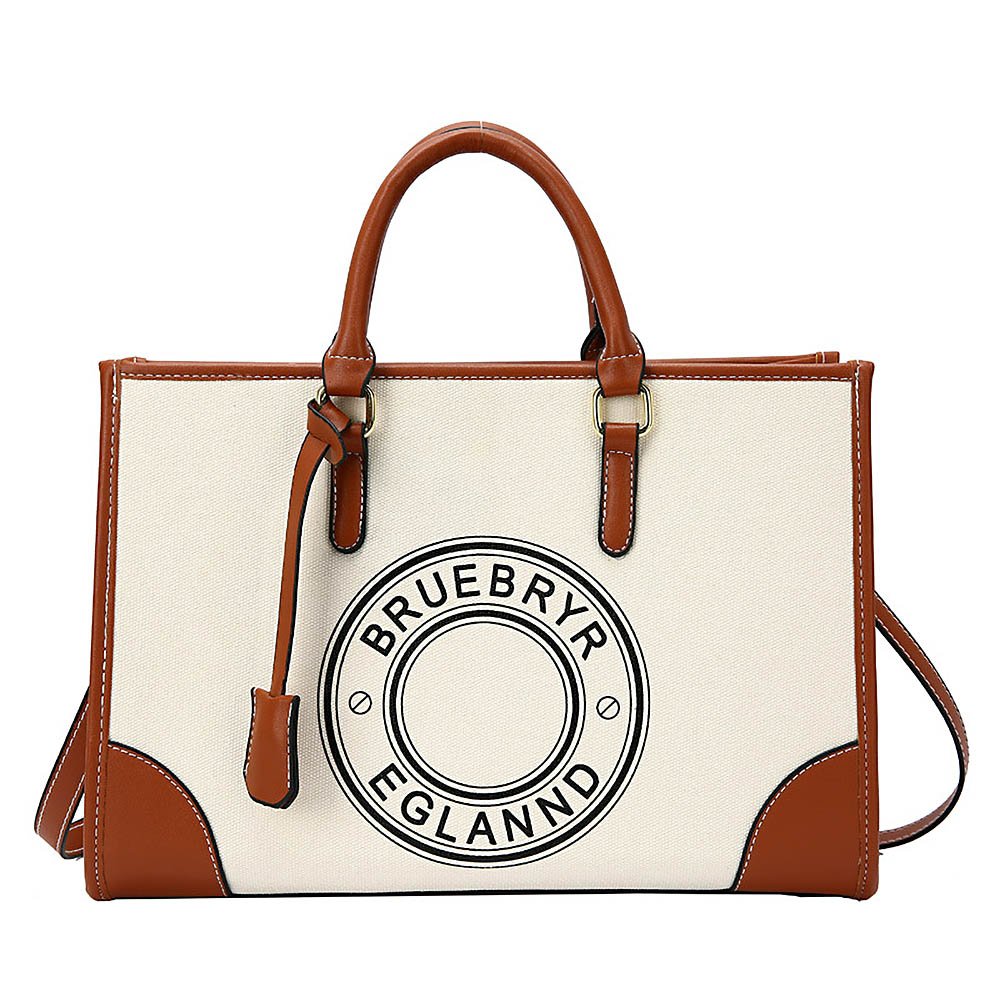
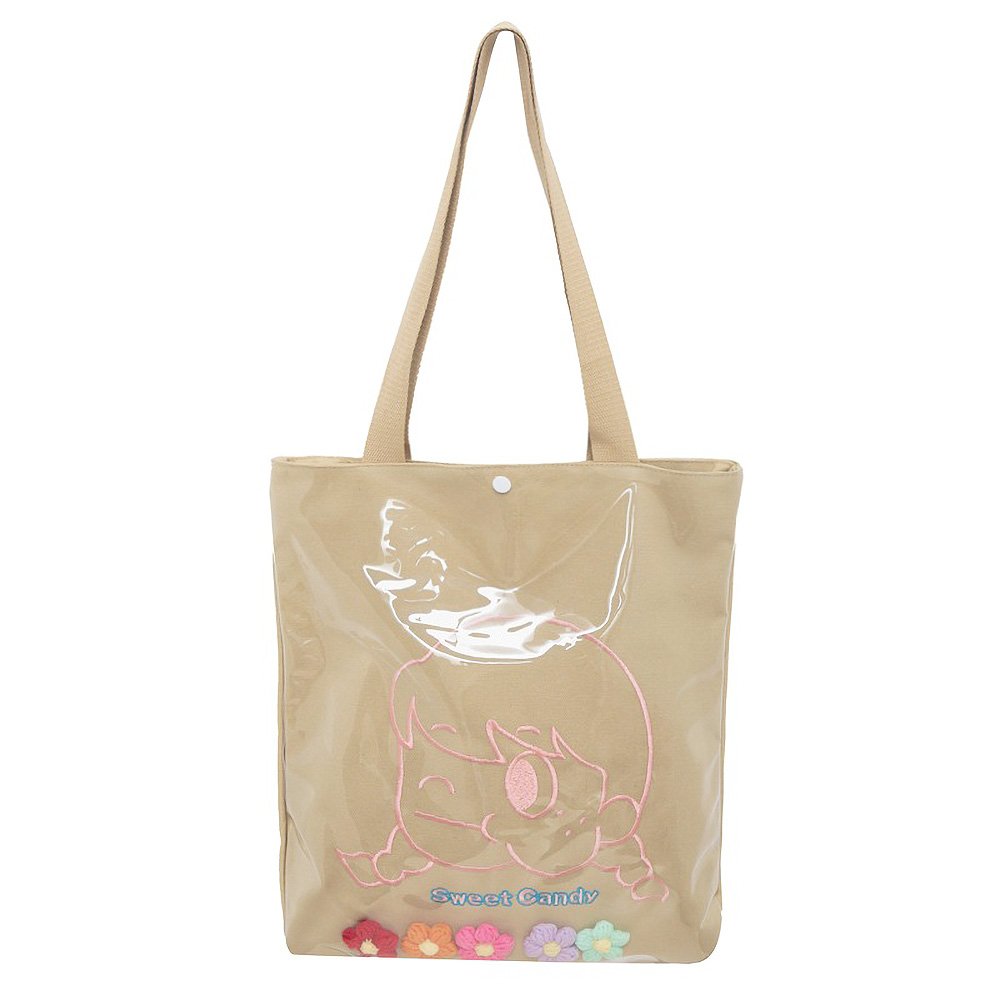
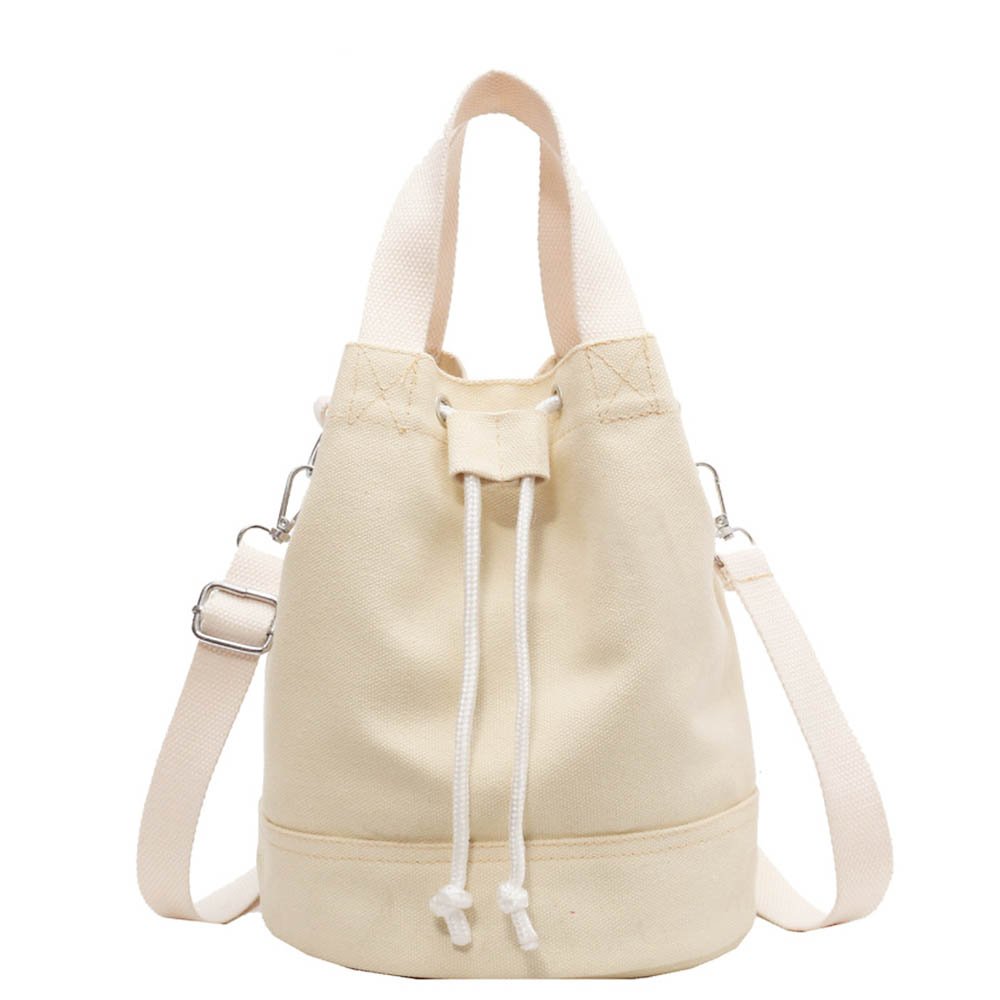
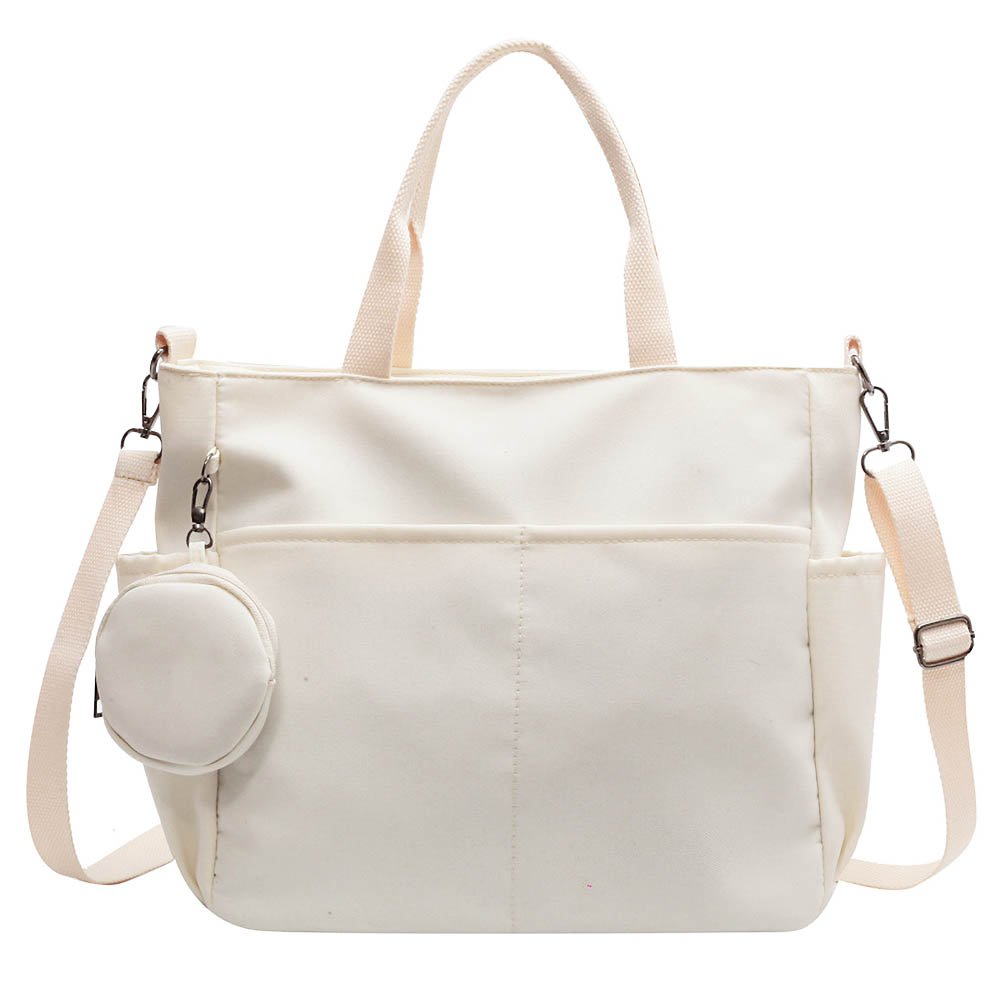
Explore our range of eco-friendly and customizable bags today to see how we can meet your needs and exceed your expectations. For more information, contact us at info@coraggiobag.com or visit our website at Coraggio. Embrace certified materials and join us in positively impacting the environment while delivering exceptional products to your customers.
